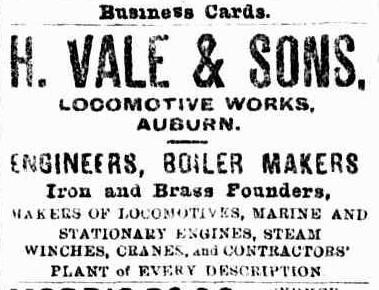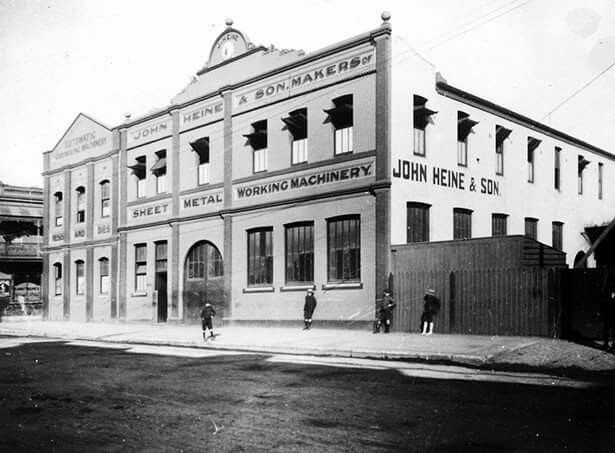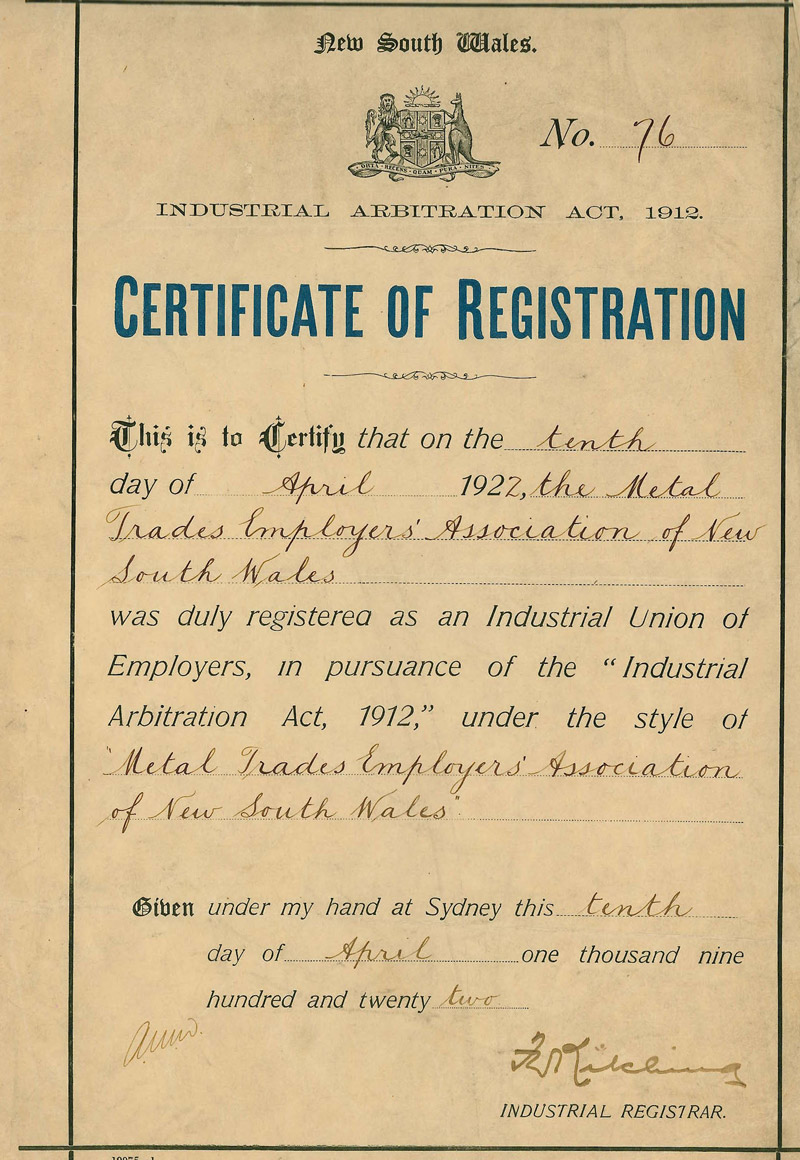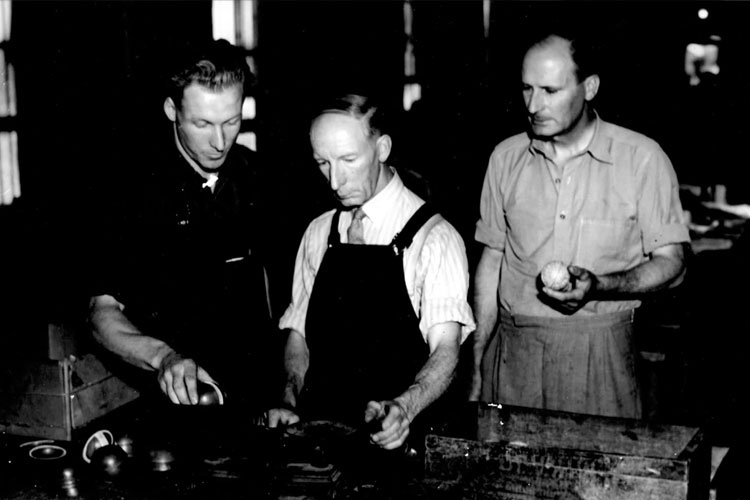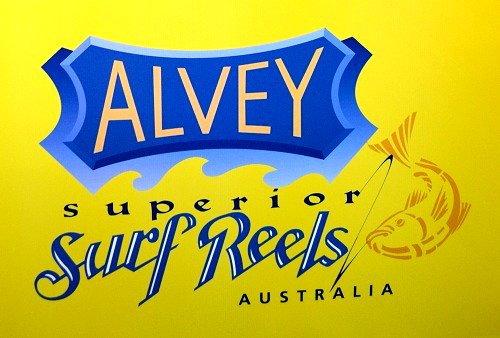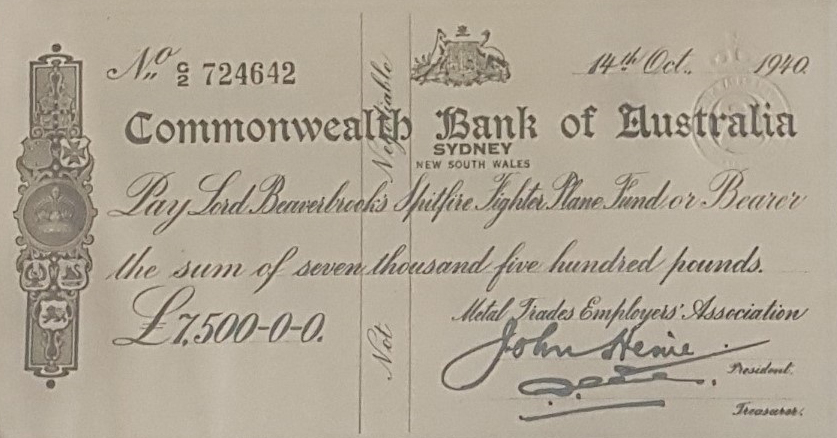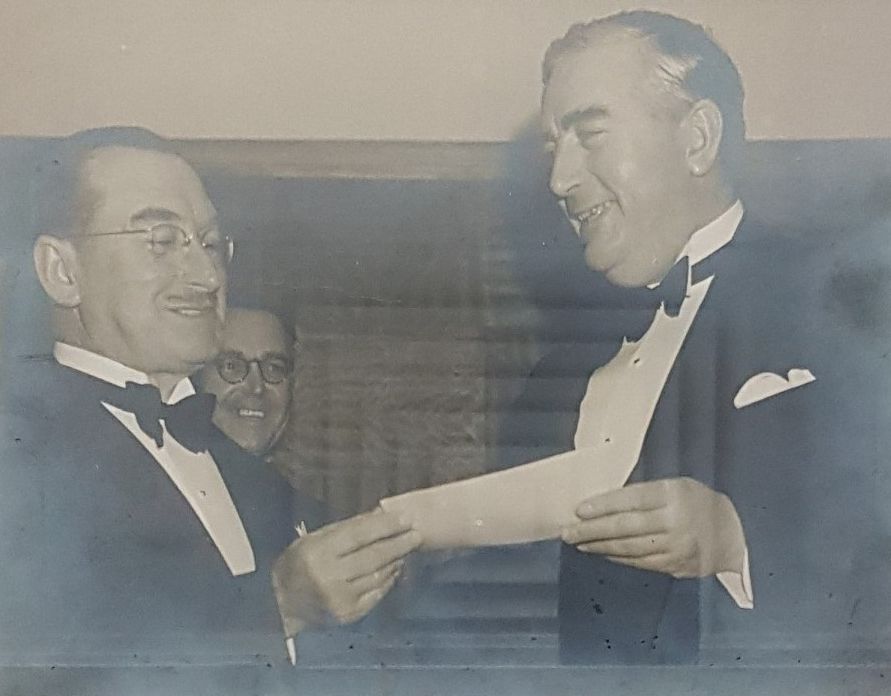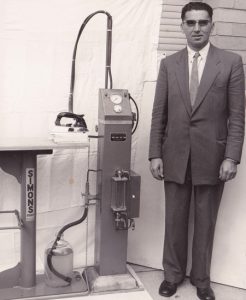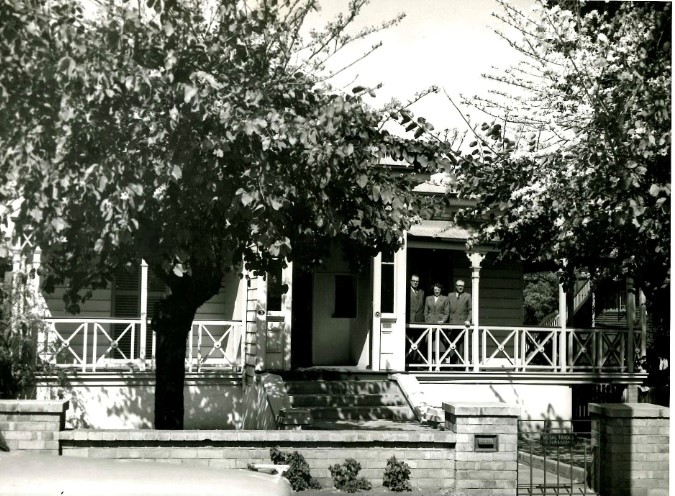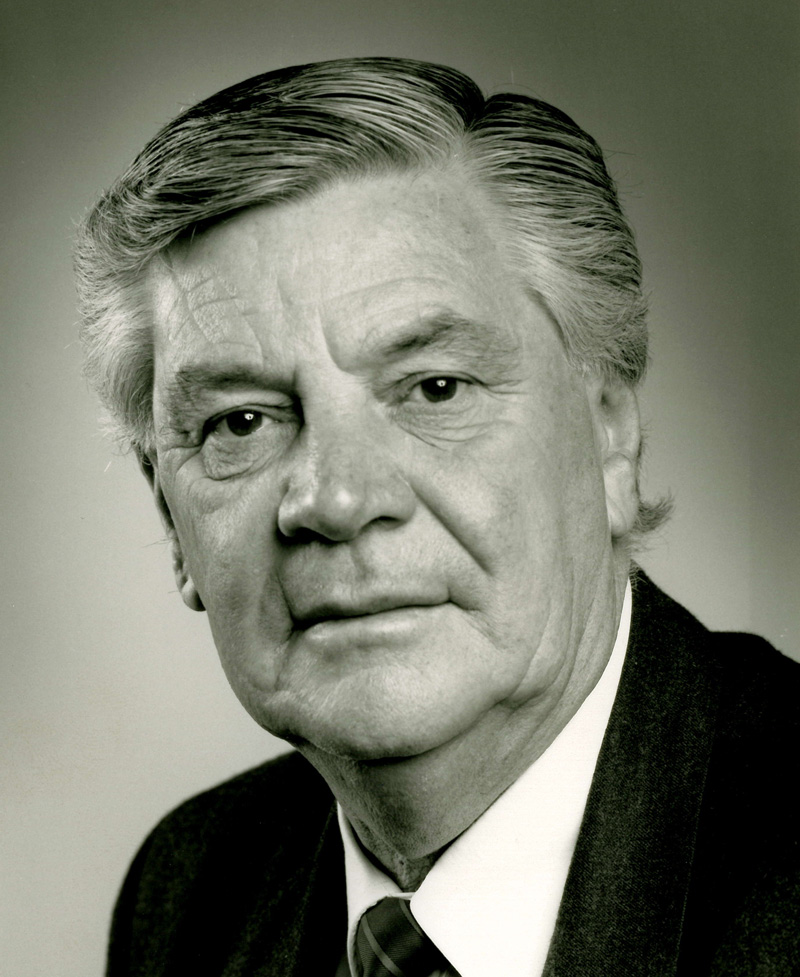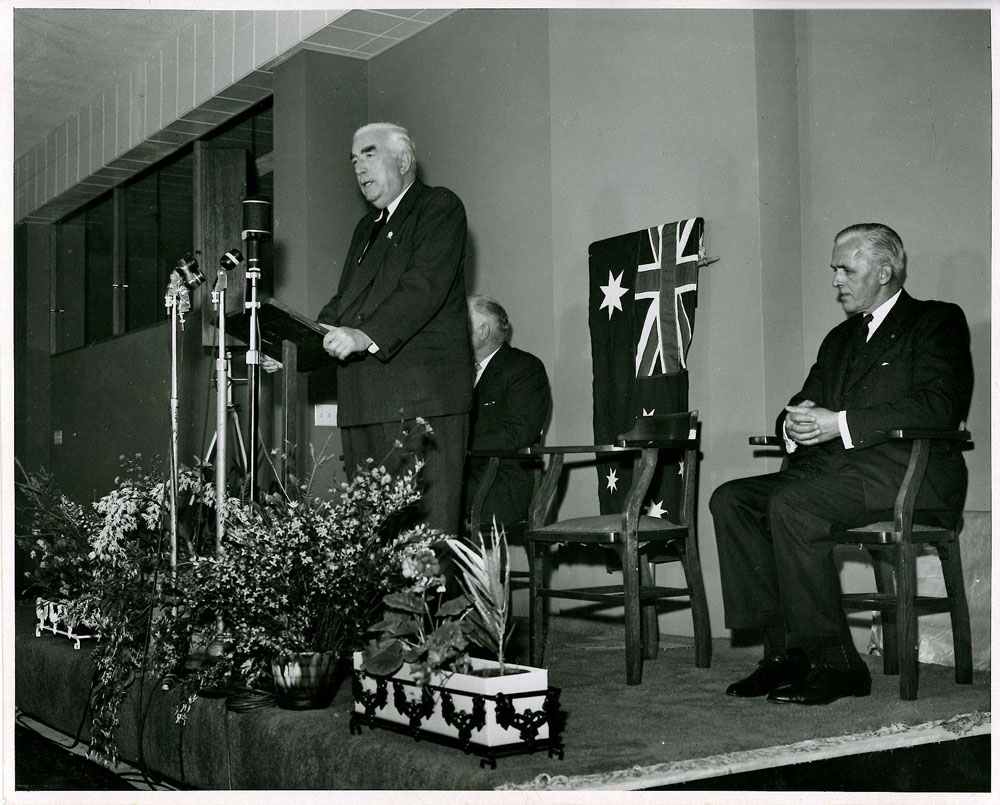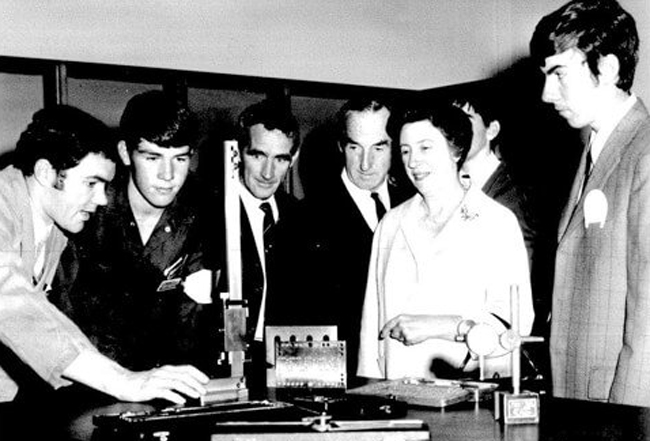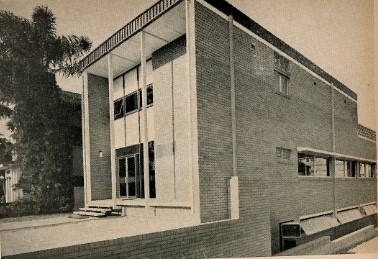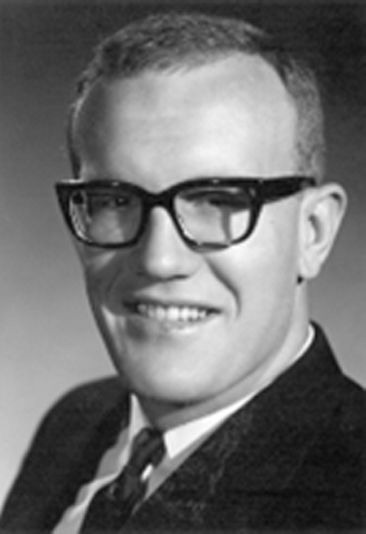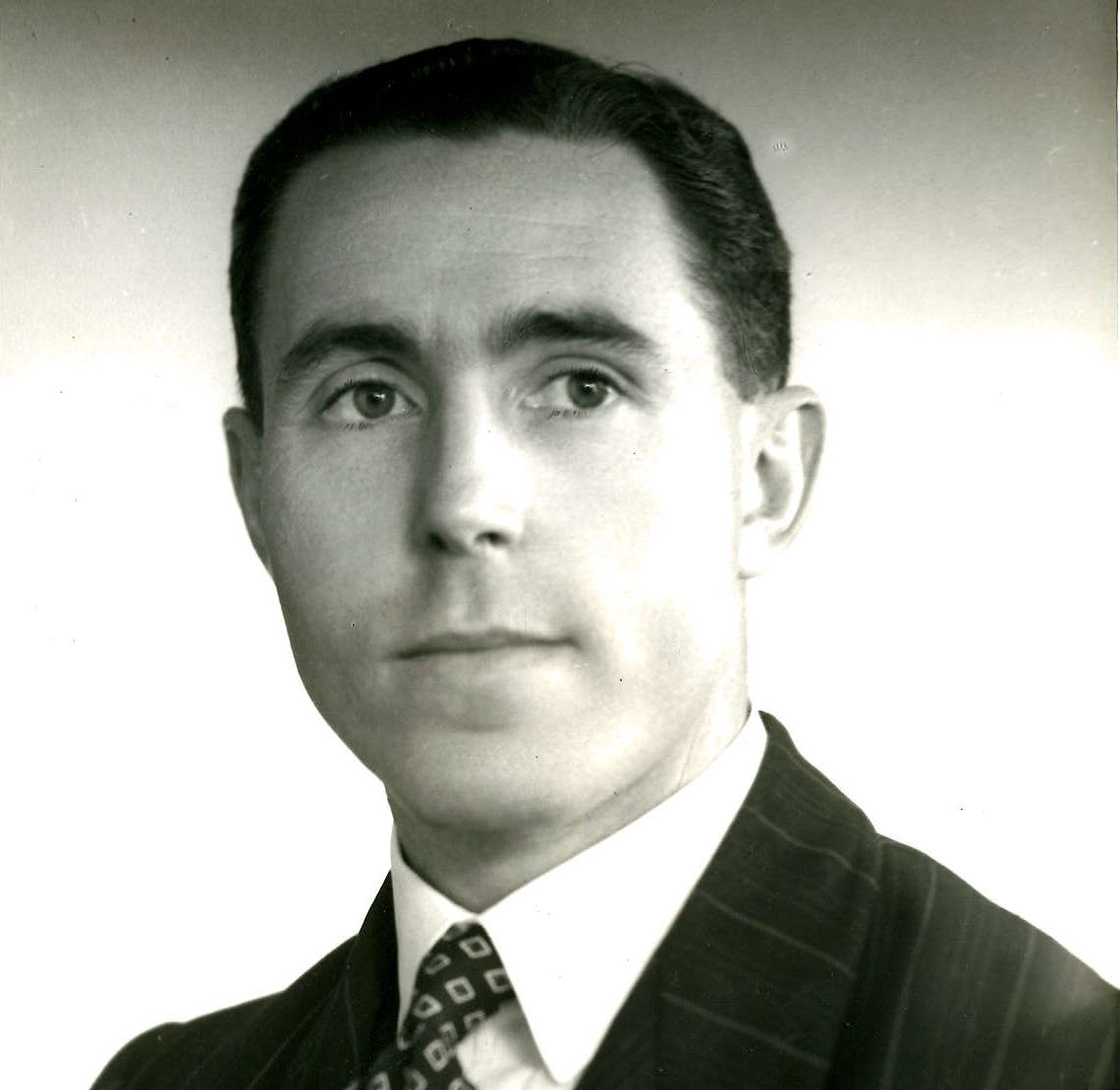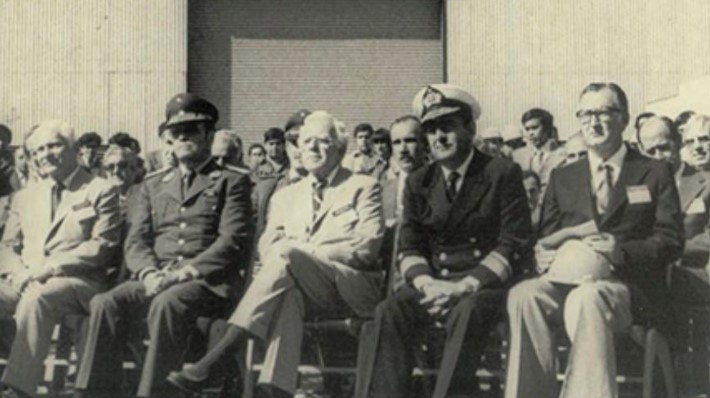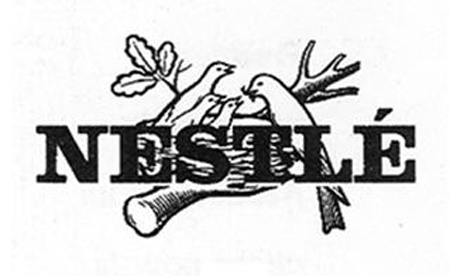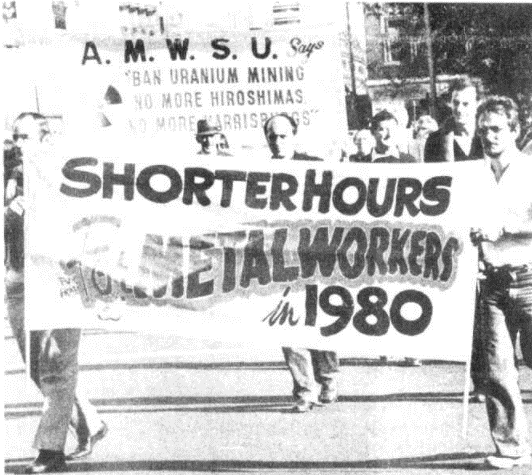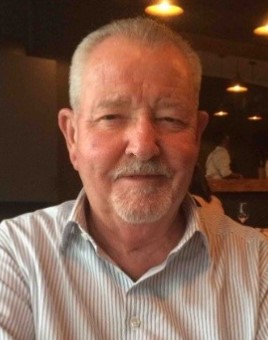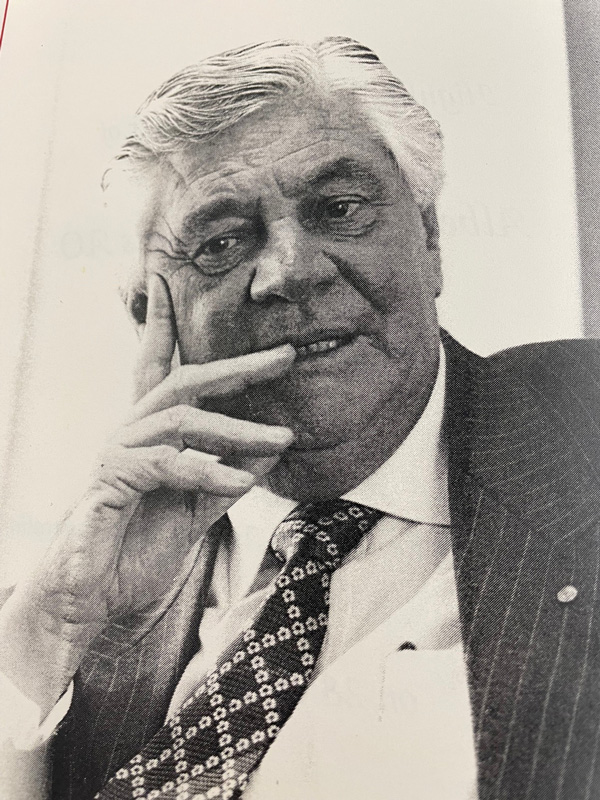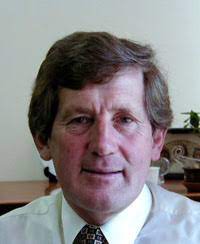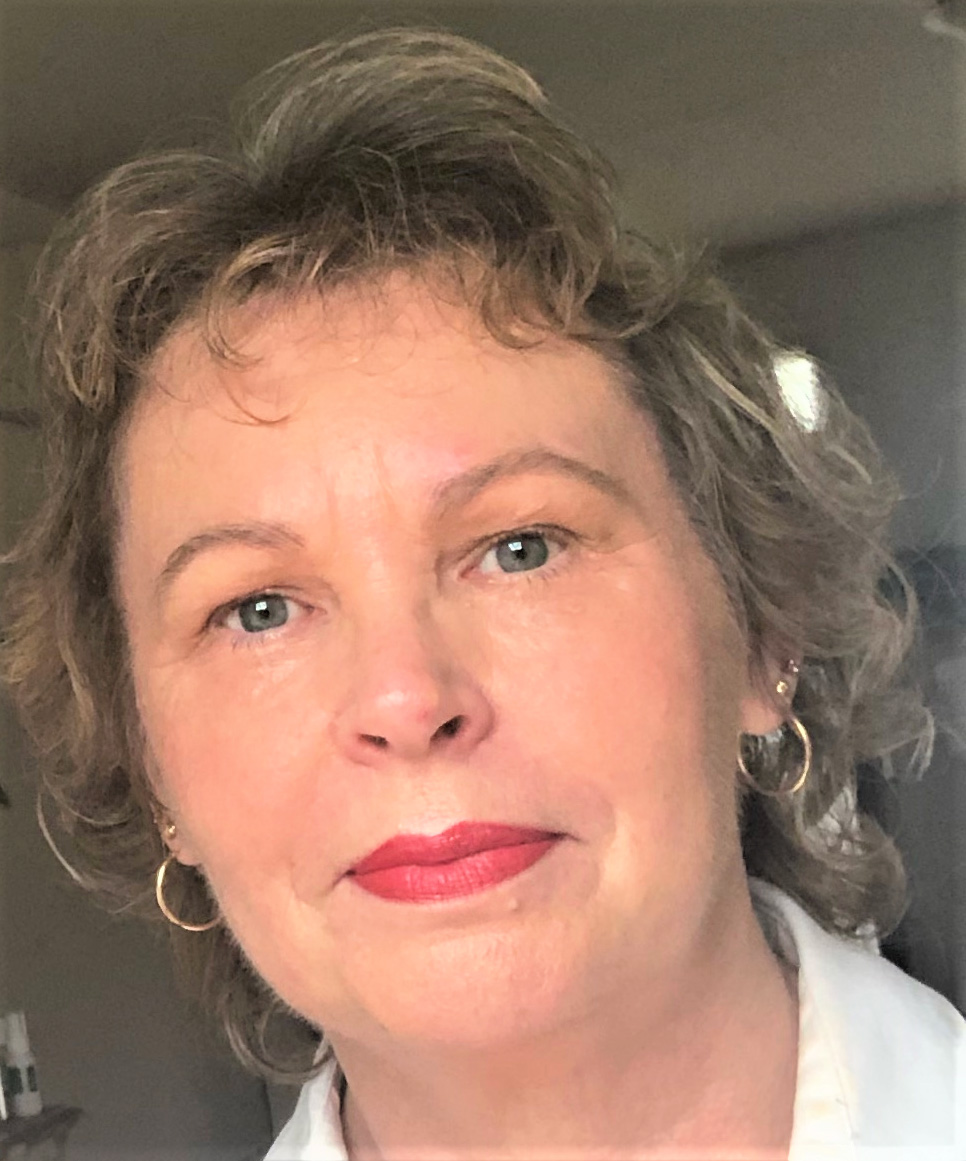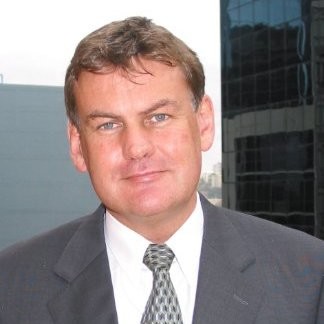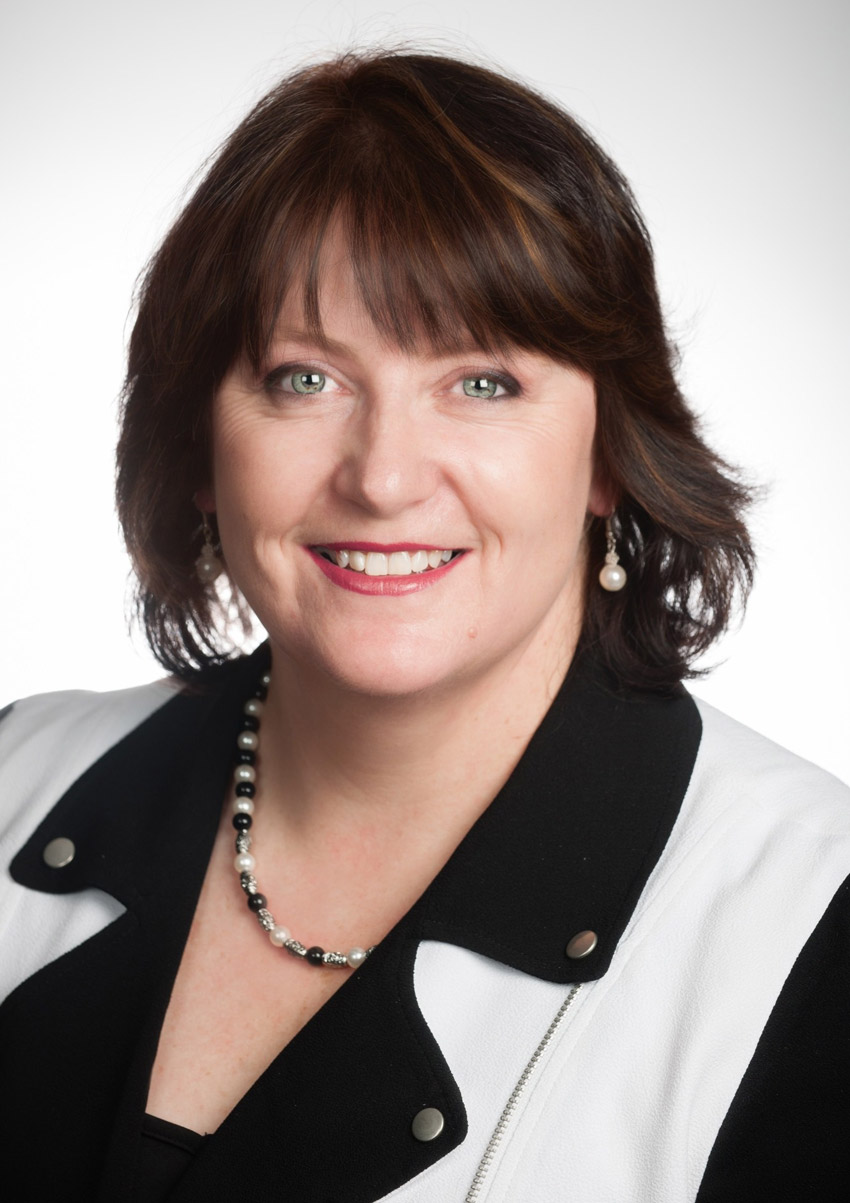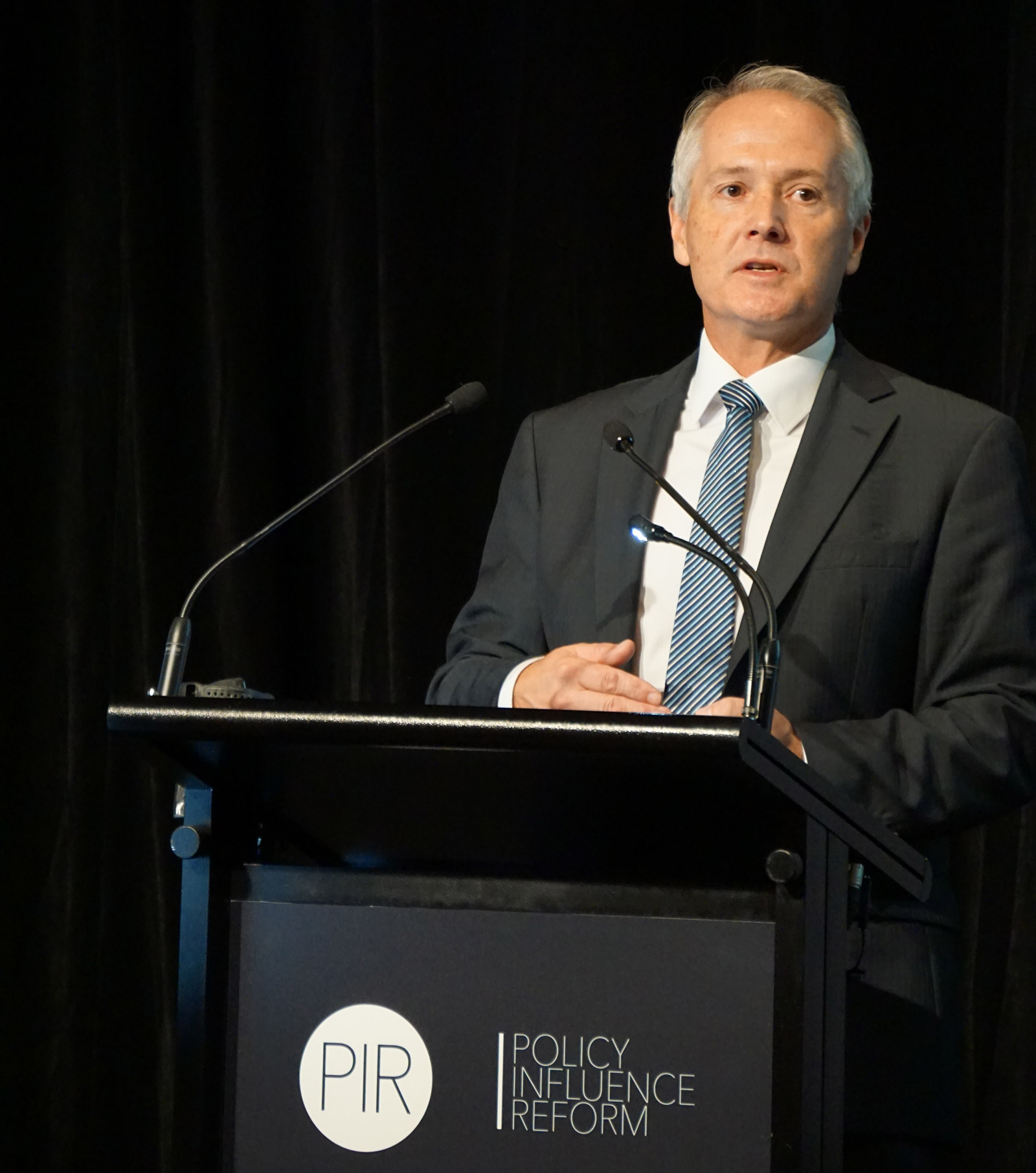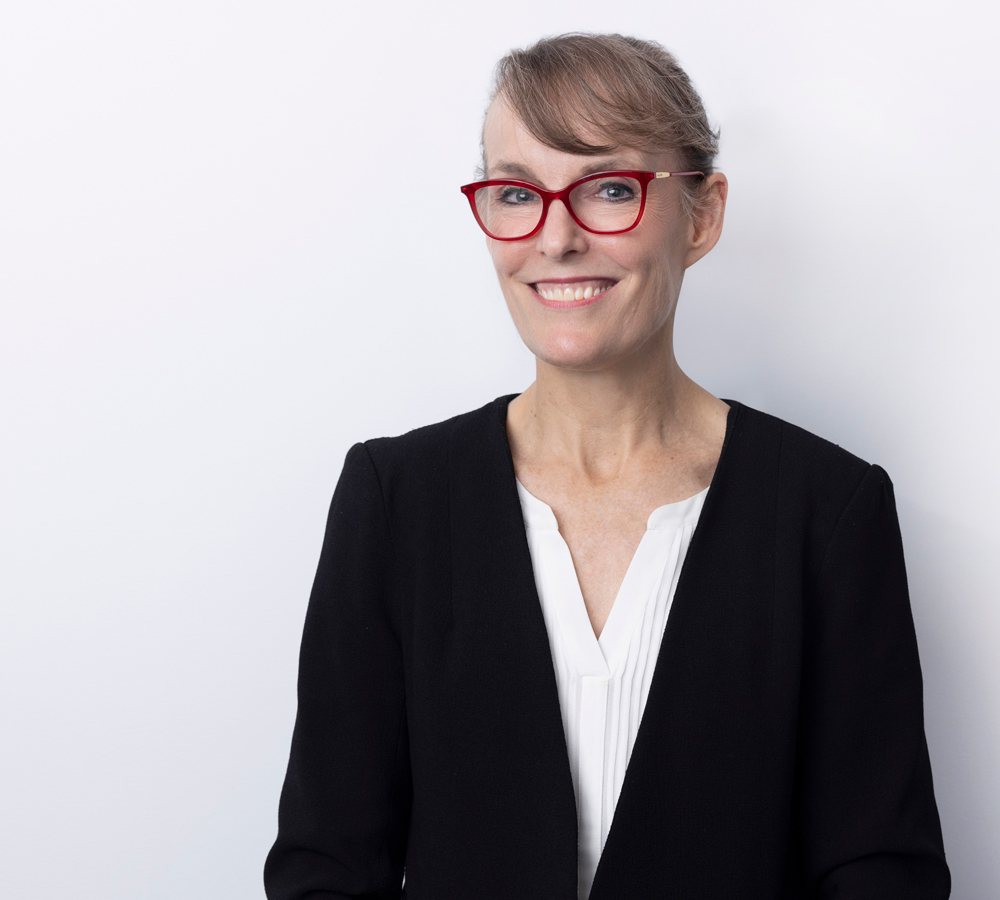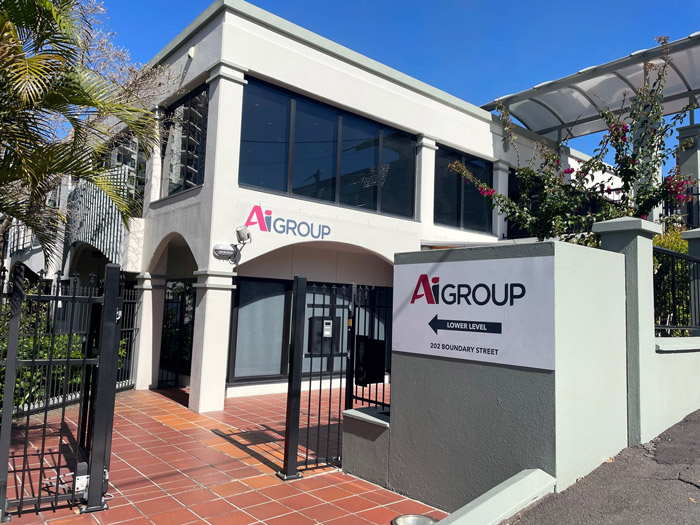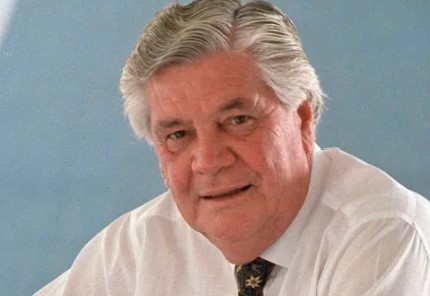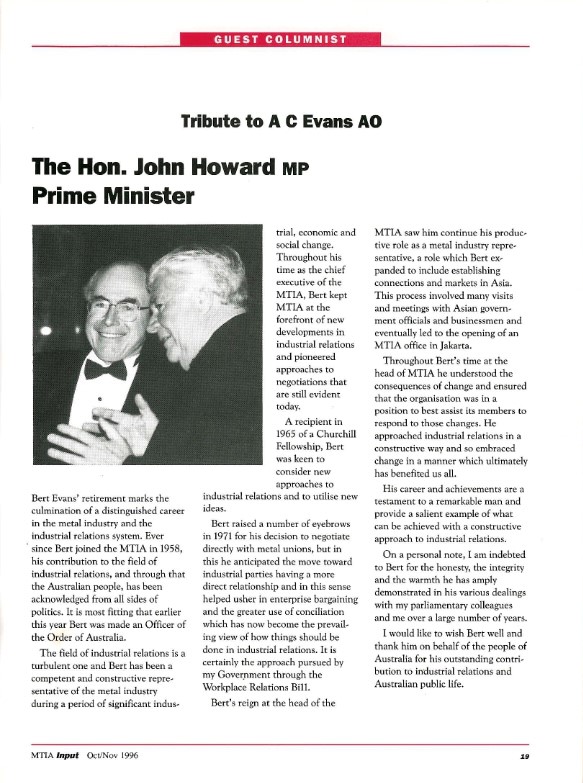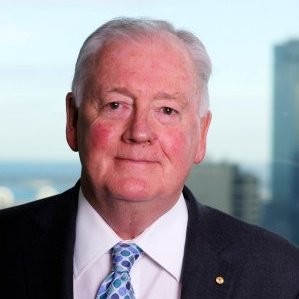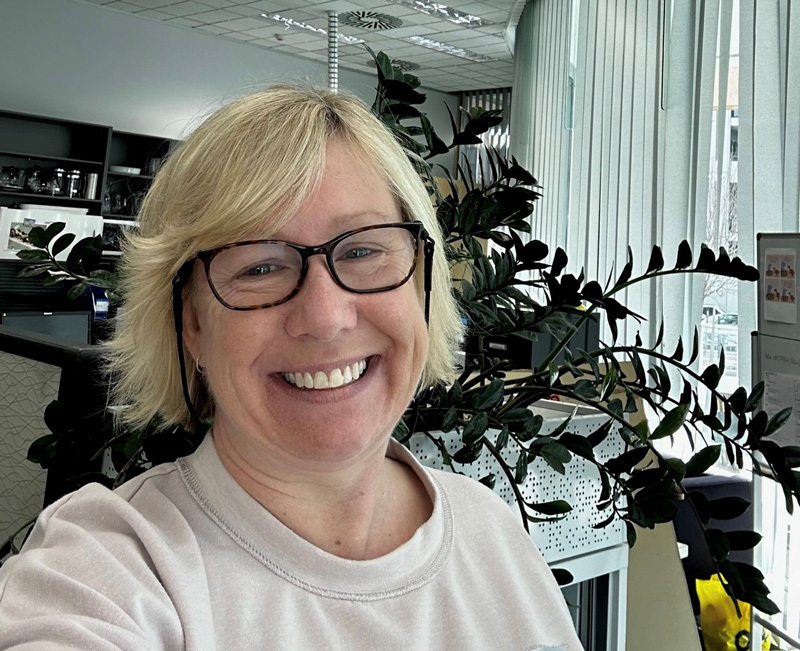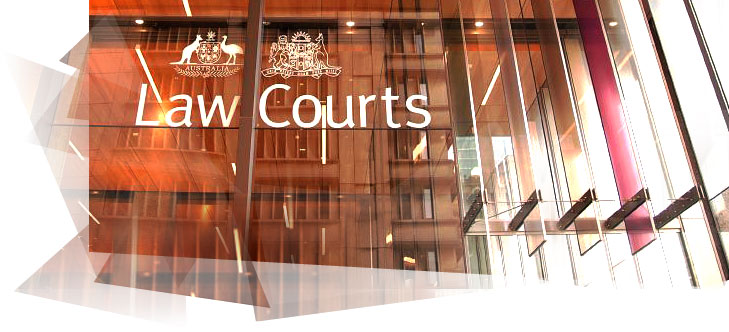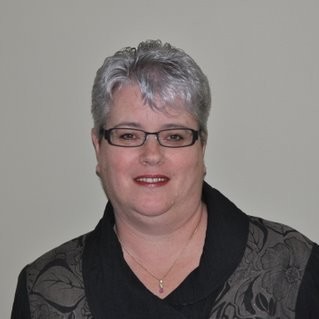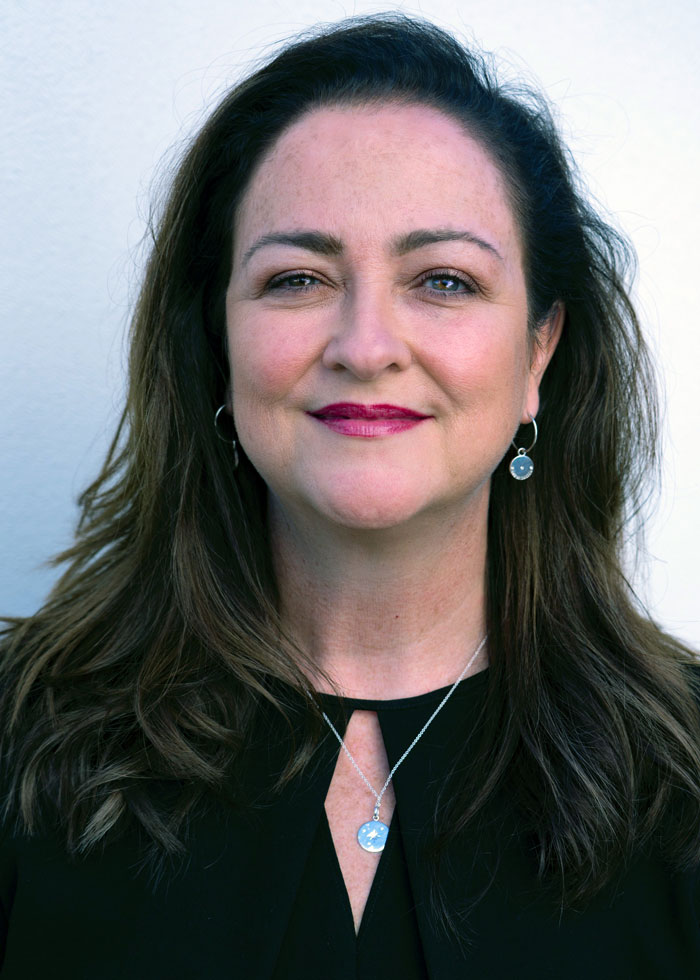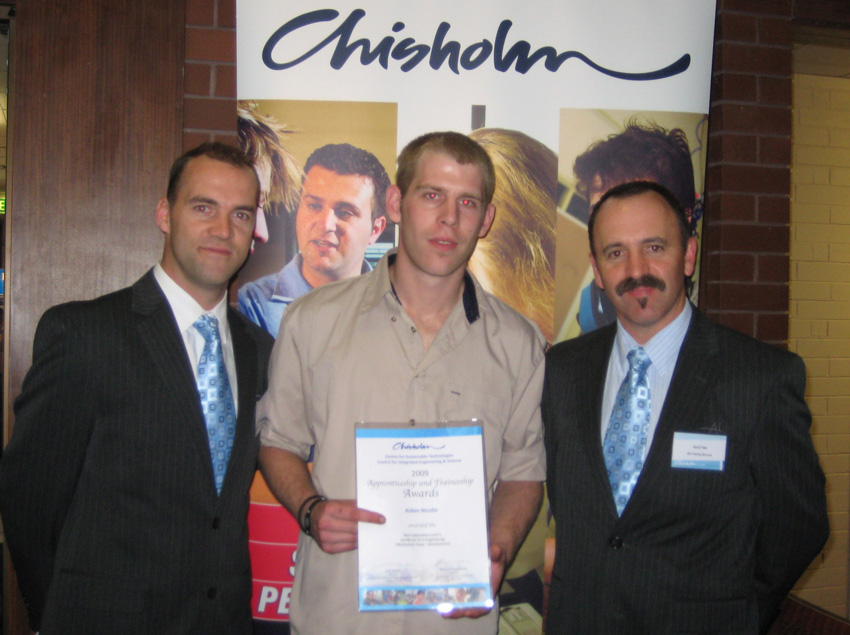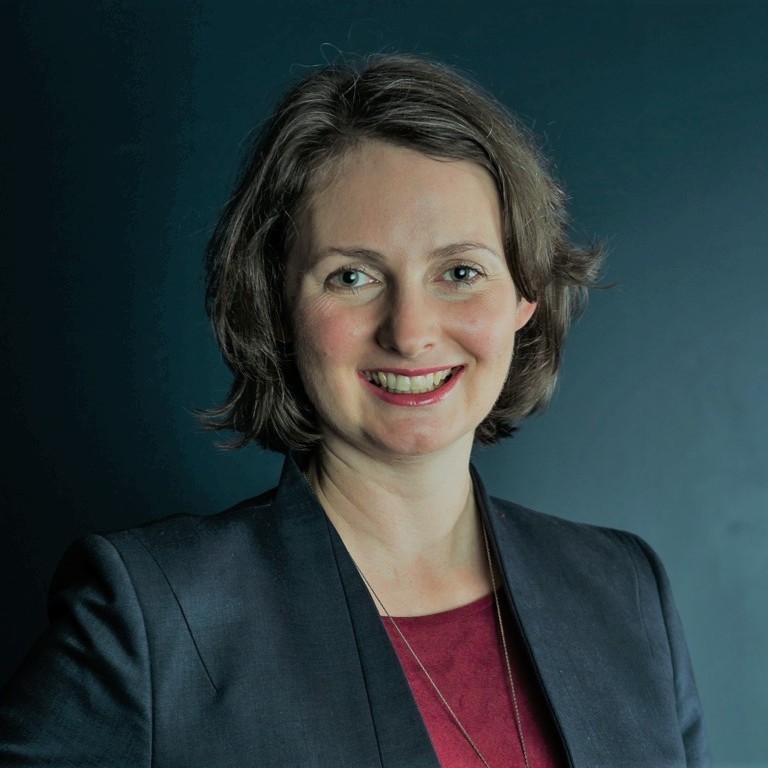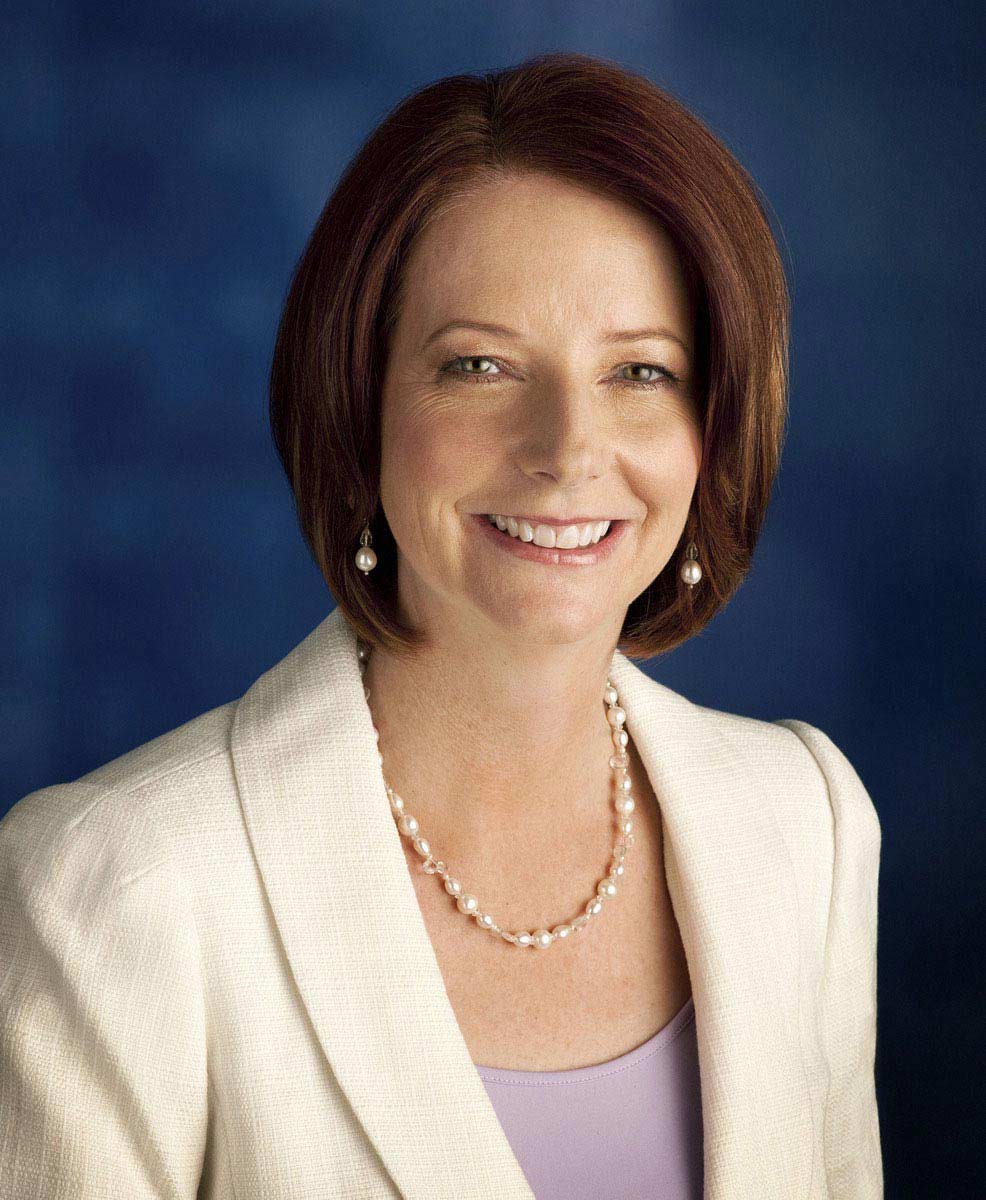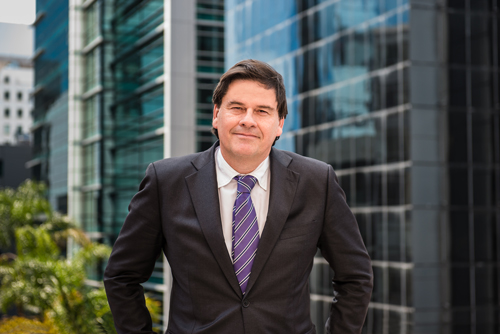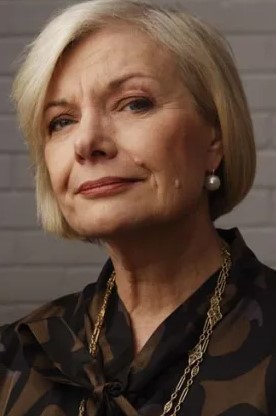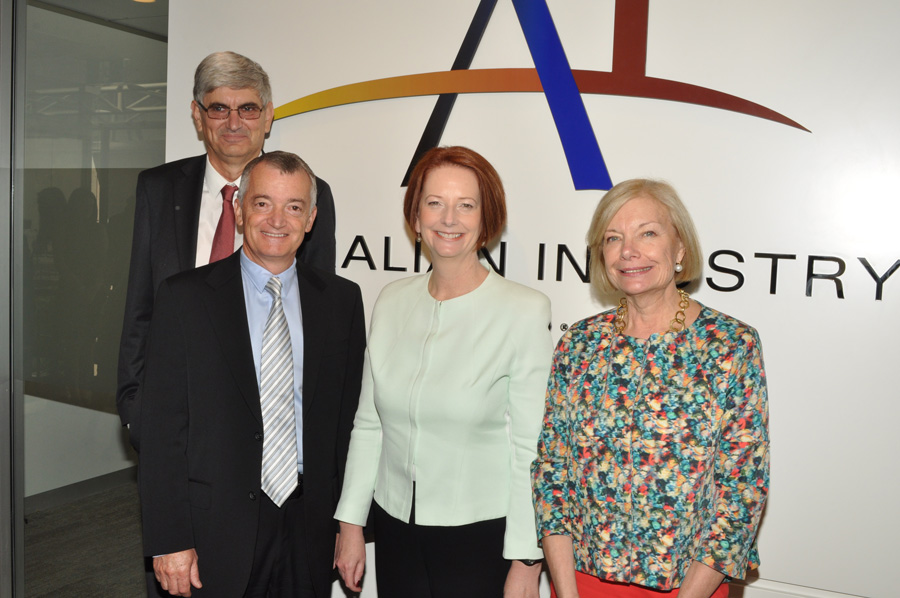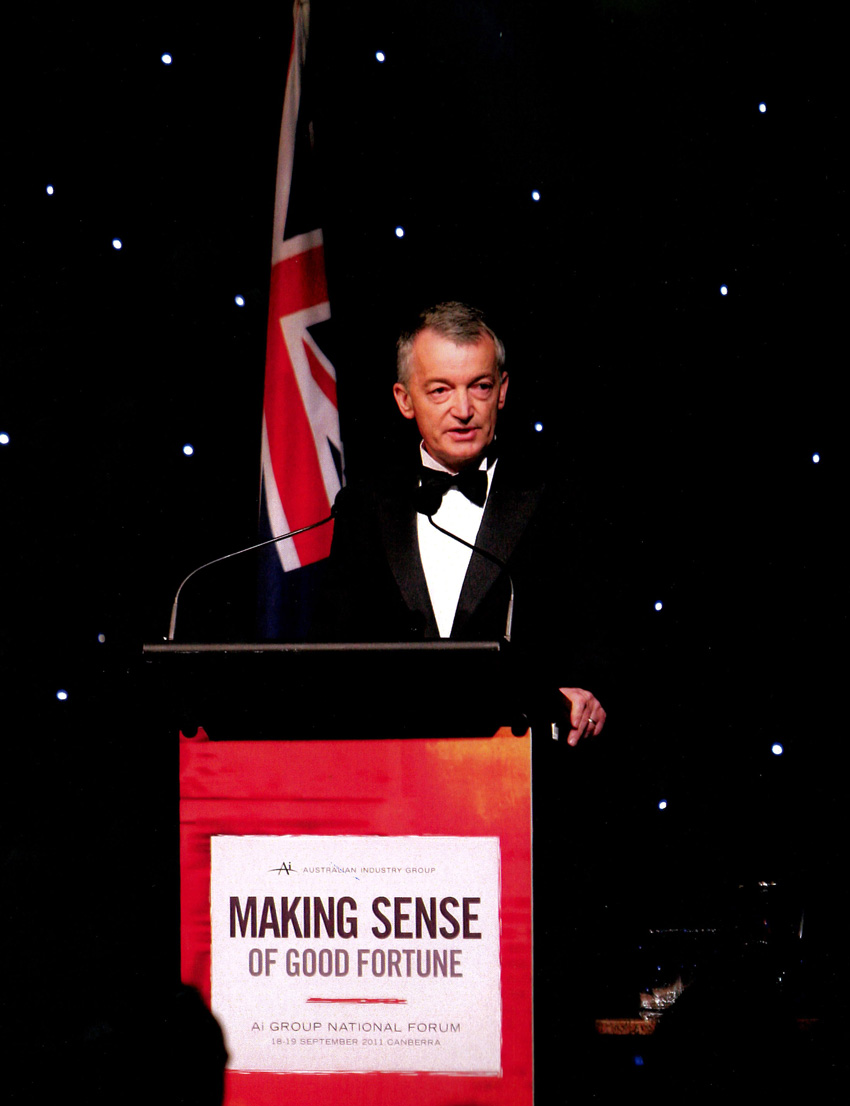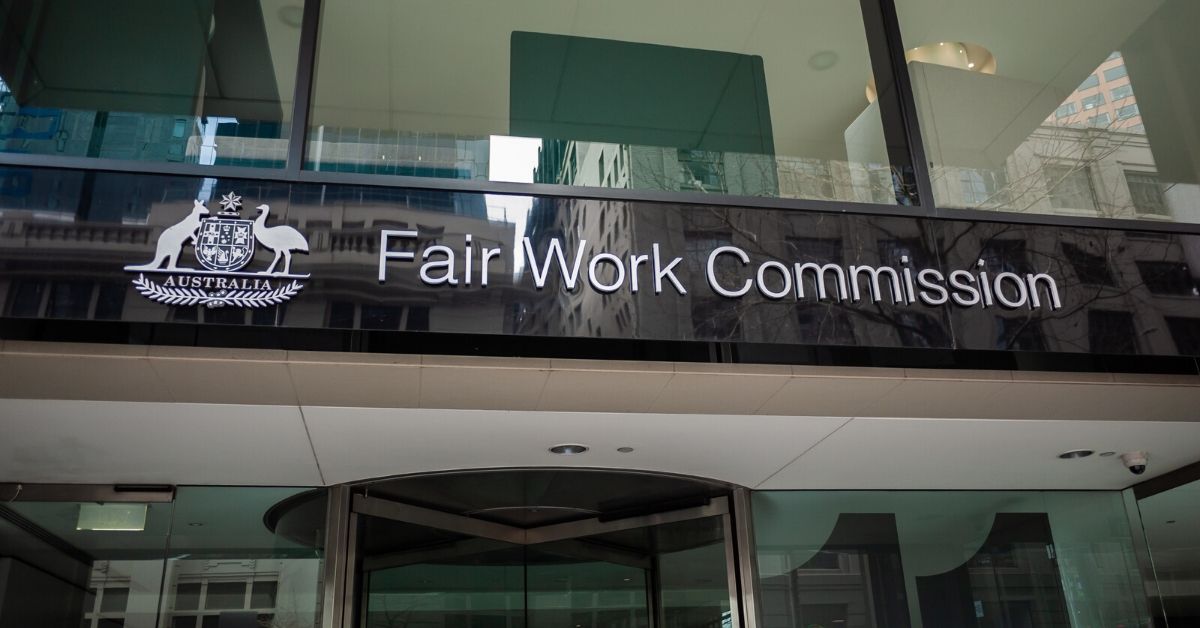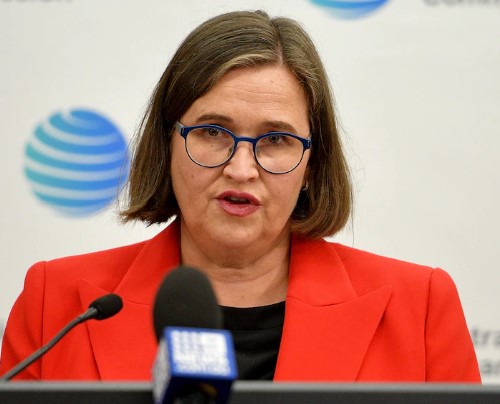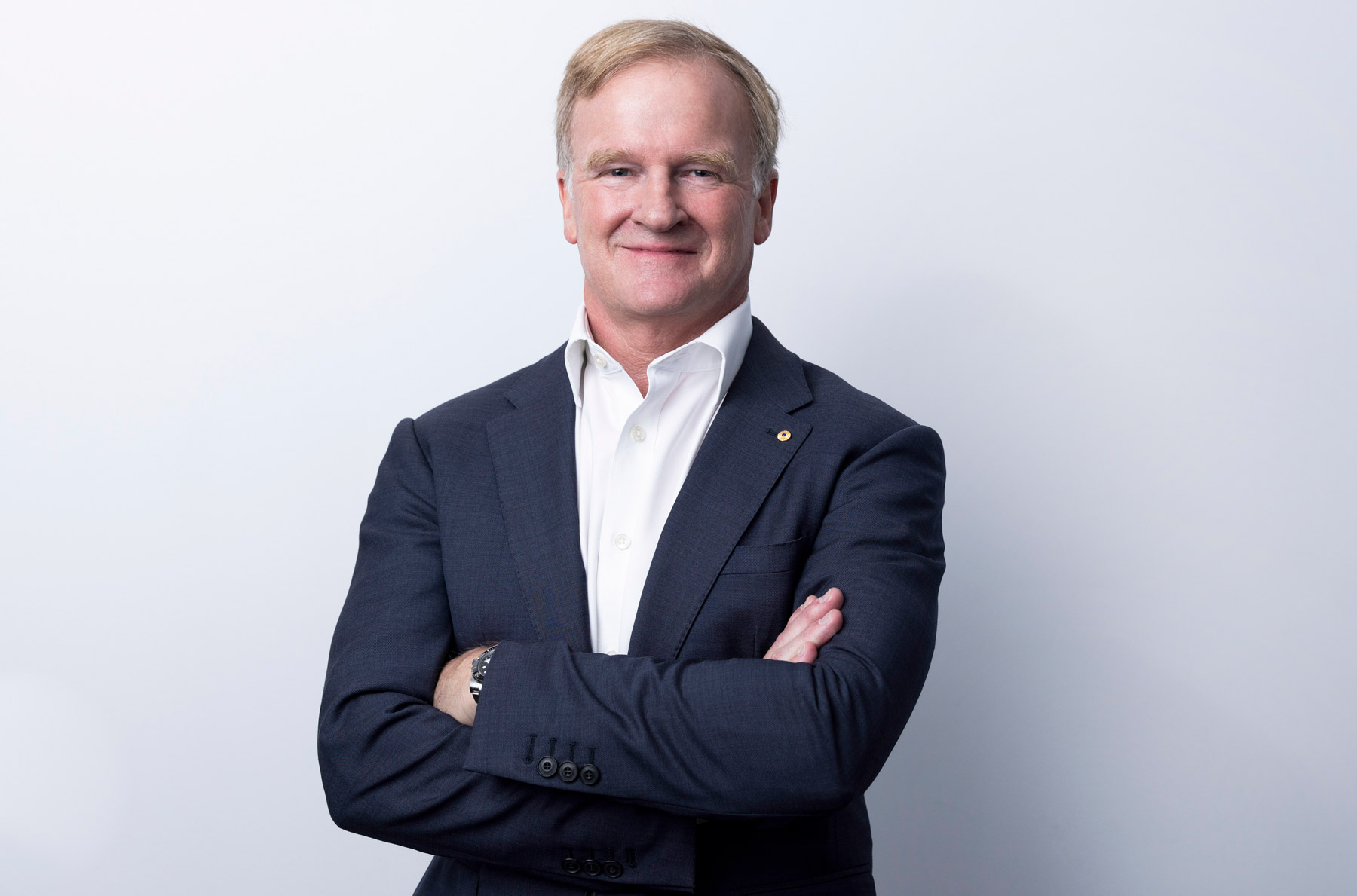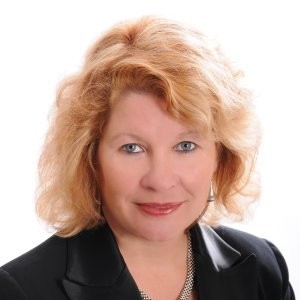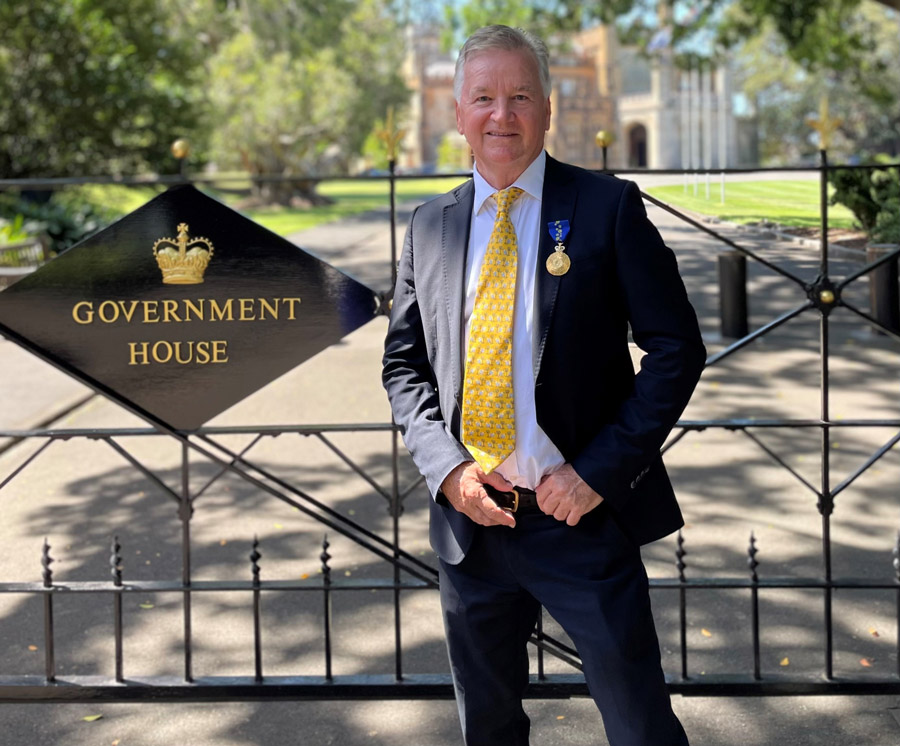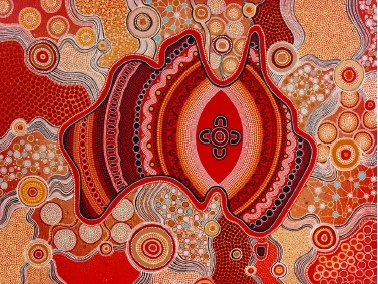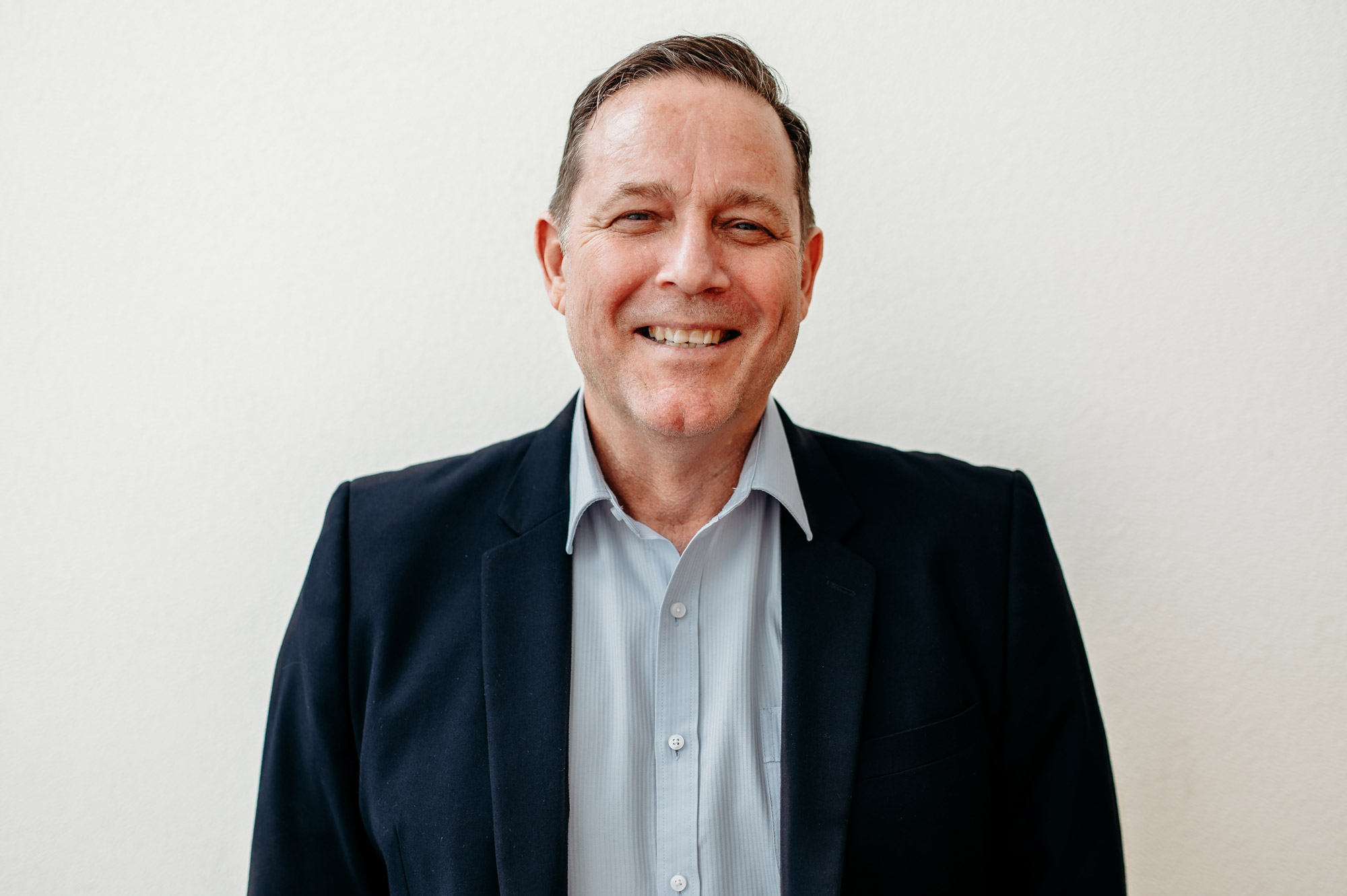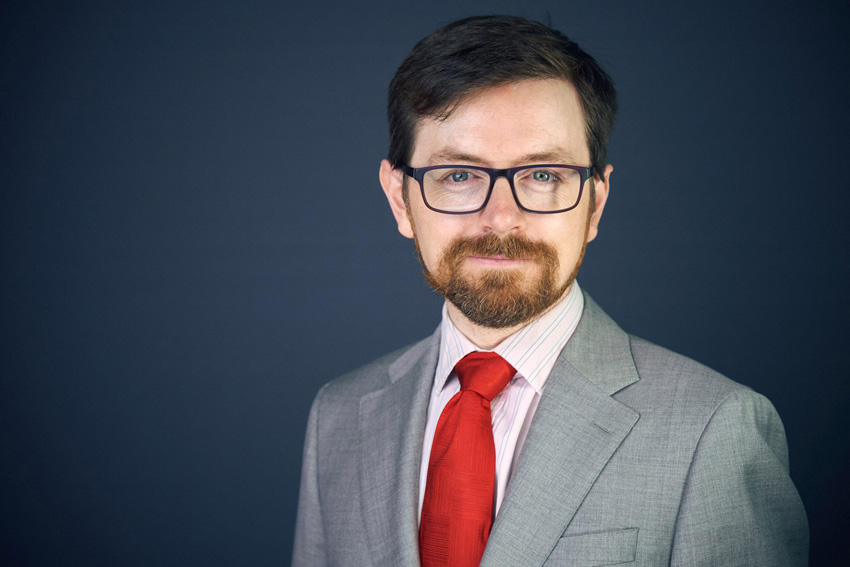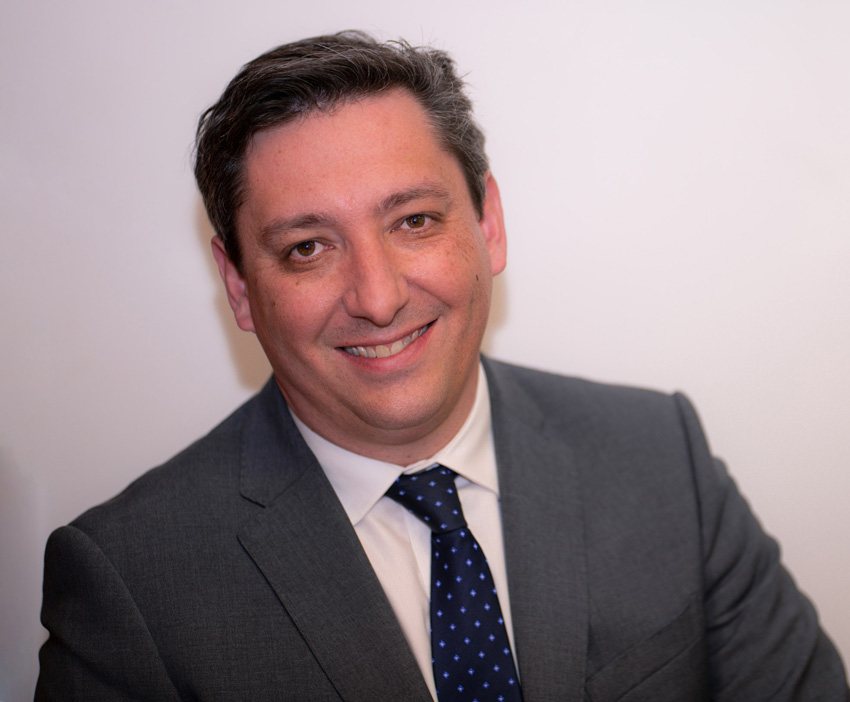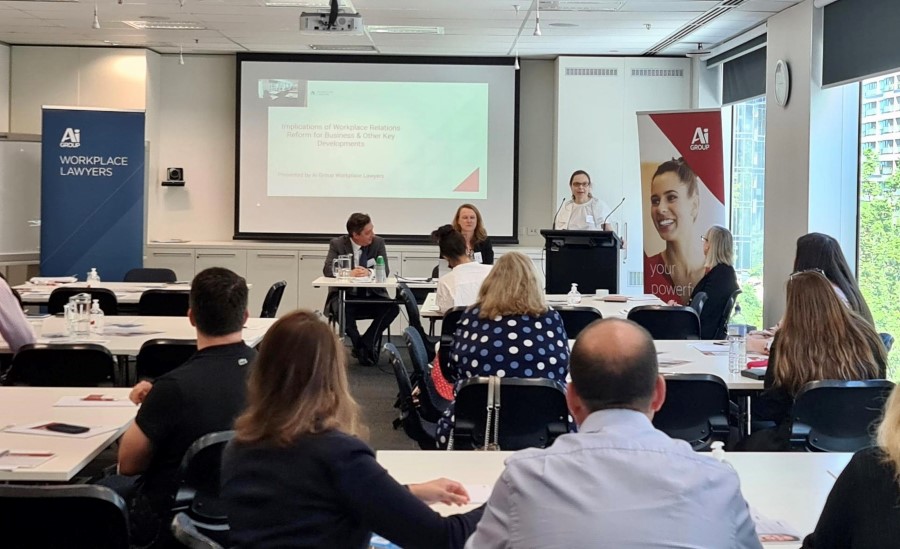1870s
Welcome to the 1870s, a time when Silver is discovered in Broken Hill and in ...
1873
Nine employers, mostly in the ship-repairing industry, band together to form the Iron Trades Employers' Association (ITEA) in NSW with a “dual purpose of protecting its members against organised labour and against imports”.
The Iron Trades Employers' Association would pave the way for the establishment of The Australian Industry Group (Ai Group).
Employers
1886
The Ironmasters’ Association of Victoria forms in July with a membership of 45 firms.
1900s
Australia becomes a federation and Edmund Barton becomes the 1st Prime Minister of Australia
1902
Iron Trades Employers' Association (ITEA) of NSW becomes the first employer body to be registered under the Arbitration Act.
1905
A meeting in Queensland on February 2 resolves to form “an association of engineers and iron founders” and by the following month, the Ironmasters’ Association of Queensland (IAQ) is established.
1910s
Australian soldiers are sent to World War 1 and for the first time fight under the Australian flag
1910
On April 4, Sydney-based ferrous foundry and machine shop John Heine & Sons joins ITEA. The family-owned business was Ai Group's longest-serving member when it closed in June 2023, after 137 years.
Years as a Member
1914
The Iron Founders Association amalgamates with Iron Trades Employers' Association (ITEA).
1920s
Construction begins on the Sydney Harbour Bridge and QANTAS is founded
1920s
Led by MTEA and its President, John Heine, the award conditions and job classifications in the metal industry undergo significant reform to bring them in line with emerging manufacturing practices of mechanisation, electrification and the move from artisan-based to assembly line production. The new conditions and classifications are included in the Metal Trades Award 1930 after two years of hearings.
1921
Mondelēz joins the association. It grows into an international powerhouse and becomes one of the largest food manufacturers in Australia, with a portfolio of iconic brands including Cadbury, The Natural Confectionery Co., Pascall, Philadelphia and OREO.
Years as a Member
1922
ITEA changes its name to the Metal Trades Employers' Association (MTEA). Membership is welcomed from all organisations that employ workers from the metal trades, excluding those involved in general metal industry manufacturing. Potential members have to be nominated by two financial members of the organisation and then approved by the organisation’s council. Organisations join MTEA primarily for the economic advantages of collective over individual representation. While industrial issues pervade much of the association’s time, the organisation is active in technical education and the Standards Association and maintains an interest in issues of labour supply.
1930s
Phar Lap wins his only Melbourne Cup and Australia enters World War 2
1931
Kookaburra Sport joins MTEA. The sports equipment manufacturer specialise in cricket and field hockey balls and equipment, bespoke teamwear, clothing and footwear. It remains a 100% Australian family-owned business. Fourth and fifth generation members of the Thompson family continue to work at Head Office in Melbourne, with additional offices in India, New Zealand and the United Kingdom and an agency in South Africa, employing over 200 people globally.
Years as a Member
1936
Alvey Reels joins MTEA. An Aussie fishing favourite since the 1920s, Alvey Reels manufactures quality side-cast reels locally.
Years as a Member
Queensland is brought into the fold as the Ironmasters’ Association of Queensland merges with MTEA, with full branch status granted by 1943.
1940s
Holden starts manufacturing its first Australian-designed and built car
1940
MTEA members raise funds for a Spitfire for the RAAF
This picture captures MTEA President John Heine handing to Prime Minister Robert Menzies a cheque for £7500 — a gift from MTEA to the British Government — to buy a Spitfire fighter plane.
1943
Leaders of the metal industries in SA, Victoria, NSW and QLD decide at a conference in Melbourne in February to form a national association of employers — the Australian Metal Industries Association (AMIA).
Subsequently, the metal trades section of the Western Australian Employers’ Federation becomes affiliated and later, the Metal Industries Employers’ Association of Western Australia becomes a member of AMIA.
AMIA functioned until October 1970, when it merged with Metal Trades Industry Association of Australia (MTIA), which began operating from February 1970.
1950s
Television is launched in Australia and construction begins on the Sydney Opera House
1950
Simons Boilers joins MTEA. From humble beginnings producing small steam boilers and irons for the garment industry, the company has grown to become a leading supplier of steam boilers, hot water heaters, steam humidifiers, air compressors and garment pressing machinery throughout Australia.
Years as a Member
1956
In its Boilermakers decision, the High Court of Australia decides that courts exercising judicial powers cannot also exercise arbitration powers. It also decides that industrial tribunals cannot exercise judicial powers such as imposing penalties for breaches of awards. MTEA runs the case on behalf of a member company seeking penalties against a union after it had been subjected to industrial action in breach of an award. Following the High Court’s decision, the former role of the Commonwealth Court of Conciliation and Arbitration was separated into the Australian Conciliation and Arbitration Commission and the Commonwealth Industrial Court. The Boilermakers decision remains a key authority on the doctrine of the Separation of Powers in Australia.
1958
Future CEO Bert Evans joins MTEA as an Industrial Officer. His job also involves signing up new members.
1960s
The constitution is changed to allow Aboriginal Australians to be included in the population count and Talkback Radio is introduced
1961
The Repco Training Centre, now known as the Ai Group Apprentice & Trainee Centre, is launched to place apprentices and trainees with host organisations across all states and territories. Today, the organisation is a proud partner to more than 240 host organisations including some of Australia’s leading businesses.
1964
The High Court decides a log of claims served by MTEA on the unions relating to long service leave is valid, providing the jurisdiction for a federal metal industry long service leave award to be made. The unions were seeking that all employers be covered by state and territory long service leave provisions.
1964
Metal Trades House, a new and modern HQ for MTEA in Brisbane, is officially opened on October 13 by the Premier of QLD, the Hon GF Nicklin. It is on the 3 Gregory Tce site of the Association’s previous Brisbane building, which officially opened in 1952.
1965
Longstanding Contributor
Doug Wright joins MTEA in NSW as an industrial officer and would serve industry across various roles within Ai Group over 52 years. He was appointed Qld Director at age 28 and later returned to NSW to become State Director there.
1965
A Victorian branch of MTEA is established, despite the existence of the Victorian Chamber of Manufacturing (VCM), which had previously represented the metal trades. In response, VCM changed the name of the Engineering and Allied Trades Division to the Metal Industries Association of Victoria (MIAV), a precursor to MTIA.
1968
Romar Engineering joins MTEA. The Romar business has developed from a traditional manufacturer into one of the most innovative and progressive manufacturing enterprises in today’s market and is widely recognised as the home of manufacturing innovation.
Years as a Member
1970s
Daylight saving is introduced to New South Wales, Victoria, Queensland, South Australia and the Australian Capital Territory. Queensland discontinues it after 12 months
1970
CEO Ron Fry becomes National Director and CEO of MTIA.
MTIA holds its inaugural national three-day “Canberra Meets Industry” function.
The overcrowded representation of metal trades employers in Victoria eventuates in the merging of MIAV with MTEA to form the Metal Trades Industry Association of Australia (MTIA) in February. The Metal Industries Association of South Australia becomes an affiliate. A national structure for MTIA is created, with NSW, Victoria and QLD branches governed by State Branch Councils that elect representatives to the National Executive, the governing body of the whole association. Today, Ai Group has State Advisory Councils and a National Board Advisory Council.
1971
Molycop joins MTIA. The company pioneered Electric Arc Furnace steel-making with the installation of the first EAF in the southern hemisphere and orginally manufactured parts for the rail industry. During the Second World War the facility produced more than 200,000 shells and other munitions and more than 2 million steel helmets for Allied soldiers.
Years as a Member
1971
Nestlé joins MTIA. The invention of Milo in 1934 stands out as a great Australian achievement - the product of Australian ingenuity and distinctive Nestlé technology. Nowadays, the brand is sold in 30 countries with worldwide sales of more than $550 million.
Years as a Member
1973
Longstanding Contributor
Leigh Purnell joins MTIA and goes on to serve the association for 35 years in roles including Director of Trade and Commerce and Executive Director International.
Prime Minister Gough Whitlam officially opens MTIA’s national office in Canberra.
1975
Longstanding Contributor
Grahame Willis, who served Ai Group for 42 years, joins the association in an IR role and goes on to become Executive Director of Finance, Administration and Superannuation.
1979
Heather Ridout becomes the first woman with a degree to join MTIA.
1980s
The Australian Dollar is floated and Medicare established
1980
A major industrial battle takes place in the metal industry relating to the unions’ push for the implementation of a 35-hour week and large wage increases. A 40-hour week was in place at the time. Strikes take place across the metal industry for 18 months. At the time, the Amalgamated Metal Workers’ and Shipwrights’ Union (AMWSU) was the largest union in the country. Eventually, a deal is reached between MTIA and the unions on the implementation of a 38-hour week. The 38-hour week quickly flows across other industries and remains the standard work week to this day.
1981
Upon the retirement of Ron Fry, Bert Evans, who joined MTEA in 1958, is appointed Chief Executive and National Director of MTIA, a position he held for 15 years. He served MTIA for 38 years in total, until his retirement. In an 88-page book presented to Mr Evans by MTIA directors on behalf of staff, he is described as “a great Australian” and “a champion of the staff and a champion for the staff”.
1981
Roger Boland, who served Ai Group for more than 25 years, is appointed National Director Industrial Relations of MTIA, a role he held until 2000, when he was appointed to the NSW Industrial Relations Commission as a judge, later becoming its President.
In 2023, he was appointed by the NSW Government to review the state’s public sector bargaining system.
1983
MTIA successfully argues in the High Court of Australia that a NSW state law requiring notice of termination does not apply to employers bound by the federal Metal Industry Award. The High Court Employment Protection Act Case was, and remains, a key authority on section 109 of the Australian Constitution regarding inconsistency between federal and State laws.
1983
Longstanding Contributor
Ai Group’s National Cloud Applications Specialist Samantha Lazarus joins Victorian Chamber of Manufacturers (VCM) (a precursor to Ai Group) as a Junior Accounts Receivable Clerk.
“During my first five years, the business moved from manual typewriters to word processing and from manual-based bookkeeping to a basic accounting and membership system,” Samantha says.
“I learned as much as I could during this time and in 1988, I was given the opportunity to work in the newly created IT department.
“For the next 30+ years, I did everything from helpdesk support, telephone system and network management, through to web production and marketing.
“Now in my 40th year, I’ll be delving head long into the world of data sensitivity management.”
1984
Bert Evans is made a Member of the Order of Australia (AM) for his services to industrial relations. In her thesis, Evolution of an Australian Employer Association, Jasmine Streimer writes: “(CEO) Evans was more than just a figure head, he became the ‘face’ of metal employers, attracting attention in numerous areas because of his personality as well as clear tactics.”
MTIA plays a leading role in representing employers in a major case that leads to federal awards being varied to include notice of termination and redundancy provisions. The final award variations were a lot more workable than what the unions had proposed.
The MTIA National Personnel and Industrial Relations (PIR) Group — a national forum of senior practitioners who continue to meet in conference in Canberra every year — is formed. Today, the PIR acronym stands for Policy, Influence and Reform.
The unions pursue claims for superannuation benefits to be included in awards. In 1985, superannuation benefits for workers were the centrepiece of Accord Mark II between the Labor Government and the Australian Council of Trade Unions (ACTU), with the unions agreeing to pursue lower wage increases in the National Wage Case in return for Government support for superannuation entitlements.
ACM and ACTU established the Australian Retirement Fund (ARF) and in 1988, MTIA and various metal industry unions established the Superannuation Trust of Australia (STA). AustralianSuper was created in 2006 as a result of a merger between ARF and STA. Today, AustralianSuper is Australia’s largest superannuation fund.
1985
Longstanding Contributor
Mark Goodsell joins Ai Group in September and goes on to serve our members for nearly 38 years in a variety of important roles until his retirement in August 2023.
Mark began working with Ai Group’s predecessor MTIA as an industrial relations adviser.
He worked as an industrial advocate in manufacturing and on major construction projects for several years before becoming Ai Group’s NSW head in 1998.
Mark also acted as our Queensland head on several occasions to cover between permanent appointments.
He moved to a new role in 2021 to focus on WHS issues including workplace mental health and workers compensation issues.
His work with Tracey Browne on national WHS law harmonisation and other key policy issues to protect employers while enhancing workplace safety made a huge difference to workplaces around Australia.
1986
In 1986, ACM pursued a case in the High Court arguing superannuation was not an industrial matter. Ultimately, the High Court decided it was a matter capable of being included in awards. Over the years that followed, superannuation provisions were included in awards, including in the metal industry in 1989 by consent between MTIA and the Metal Trades Federation of Unions (MTFU).
After decades of conflict between metal industry employers and unions, as well as frequent strikes, Bert Evans creates a document called The Compact, described as “a bold proposal to establish a new industrial environment by developing a framework for harmonious industrial relations based on mutuality of interests between management and employees”.
The Compact canvassed 16 areas for agreement relating to IR, training, trade, economic and commercial issues.
“The unions received the proposal very positively and it became the basis for continuing dialogue with the unions on the wide range of issues canvassed in the document.” — MTIA directors in a tribute book to Bert Evans upon his retirement
1986
Longstanding Contributor
Queensland’s Vickie Rapkins begins her Ai Group journey in Accounts Receivable with predecessor organisation, MTIA.
Like her current role of Office Manager, it was a position that involved far more than the title suggests.
Here, Vickie shares some of the changes she has experienced at Ai Group since starting nearly 37 years ago and reminisces on some now-defunct practices and technology.
Read more
- Organisational name change
- Building change
- CEO changes
- Getting paid in cash weekly to receiving funds electronically monthly
- Telex messages to Microsoft Team meetings
- Facsimile machines that required messages to be photocopied before the fax paper faded
- Taking staff lunch orders to the local ‘milk bar’, waiting for orders to be processed and bringing the food back to the office
- Backing up the system with large floppy disks
- Hand-delivering media releases to radio stations and other media outlets
- Writing out cheques
- Having a receptionist who used a switchboard to place calls through to staff members to direct calls via Microsoft Teams
- Dot matrix printers and ‘golf ball’ typewriters
- Desk phones to pagers to Blackberries to smartphones
- Printing circulars (advice to members); collating, stapling and folding the paperwork and stuffing it into envelopes to now sending the information electronically.
“Although today’s technology means the process is quicker and greener, you miss out on catching up with colleagues, having a chat and getting to know what we had all been up to while still getting the job completed,” Vickie says.
“I have worked with some wonderful people who have become friends, and I had a great mentor in Branch Accountant Kevin McGregor.”
1987
Bert Evans is included in the Australian Financial Review’s 50 most influential Australians.
“He stands out among employers as the man to join forces with the union movement in a shared vision for change.”
1987
On February 24, MTIA House, a newly constructed and “very handsome building” at 51 Walker St, North Sydney, is officially opened as new HQ by Prime Minister Bob Hawke. It replaced an “overcrowded” 28-year-old building a block away.
1988-89
MTIA’s “Way to Proceed” document handed to unions addresses areas vital to labour market reform. After much consultation on both sides and lengthy negotiations, agreement was reached in June 1989.
1989
Longstanding Contributor
Stephen Smith joins Ai Group in March as an Industrial Officer. In 2000, he is appointed Director/Head of National Workplace Relations Policy, a position he held for 22 years.
1989
Longstanding Contributor
Director Member Engagement Vivienne Filling begins her Ai Group journey.
Vivienne’s first of many roles within Ai Group and its predecessor, MTIA, was Senior Trade and Commercial Officer, based in Canberra.
Now based in Melbourne, Vivienne has been Director Member Engagement for nearly three years.
Read more
“Very early in my role I was the MTIA representative on a delegation to China for discussions with the China Council for the Promotion of International Trade,” she recalls.
Participation in Federal Ministerial delegations to Indonesia, Malaysia and China followed, along with several promotions within Ai Group’s international trade and policy team.
“At one stage, we had an office in Jakarta, and the Manager there reported to me,” Vivienne said.
“It was an exciting period.
“I was then given opportunities to head up Ai Group’s environment and energy services and business advisory services teams.”
A notable achievement during Vivienne’s time as National Manager Business Advisory Services was the successful tender to continue delivering a multi-million-dollar support program for small and medium enterprises.
This involved managing a national team of highly skilled business advisers and was backed up at the end of the contract period with a second successful multi-million-dollar tender for the ongoing delivery of the program.
Now based in Melbourne, Vivienne has been Director Member Engagement for nearly three years.
In this role, she leads Ai Group’s Member Engagement team and directly manages a range of member accounts herself.
“I love engaging with members and making a positive difference,” she said.
“During the COVID lockdowns, Ai Group received so much positive feedback from members who said the support Ai Group provided was essential and making such a difference.
“One member commented that they didn’t bother staying up until midnight for details of the latest government COVID directions because they knew they could rely on Ai Group to communicate what they needed to know by the morning.
“Our members really appreciated the enormous efforts of the whole Ai Group team to help them successfully navigate the extraordinary times we found ourselves in.
“We really do make a difference to our members.”
Ai Group has also made a difference to Vivienne.
“I feel as if I’ve had several different careers here, and I’ve had the opportunity to engage with such a wide range of businesses and people,” she said.
“Ai Group has given me the opportunity to reinvent myself multiple times.”
1990s
The High Court delivers the Mabo Decision, which rules that indigenous native title does exist. This effectively extinguishes the concept of terra nullius
1992
MTIA opens an office in Jakarta, “flagging a significant new era for the Association and its members — an era of global competition and recognition of the importance of the Asia/Pacific region to Australia”.
Eighty per cent of Australia's emerging exporters rate Indonesian markets as a priority, according to an MTIA survey.
1995
Longstanding Contributor
National Database Operator Val Fiala was fresh out of school when she joined EEASA (Engineering Employers Association of South Australia) as a Payroll Officer for the EEASA Group Training Scheme.
When EEASA merged with Ai Group in 2009, she joined, and continues to be part of, the membership and database team.
“My team is amazing, and I love it,” Val says.
“Twenty-eight years later and I am still here! First and only job to date with duties ranging from payroll to accounts and general admin work. There is always enough to keep me interested and busy.
“Coming straight out of school, I’ve gained a lot of experience, learned a lot of new skills and made long-lasting friendships.”
1995
MTIA steps in when the AFMEU tries to recruit employees from Mona Vale’s Asahi Diamond Industrial, which had no union members.
In a newspaper ad after the successful conclusion of the case, Asahi said: “MTIA, which handled the case so effectively from the outset, spared no resources to ensure its members’ rights are protected.”
1996
Bert Evans is made an Officer of the Order of Australia (AO). He had already been honoured in 1984 when he was made a Member of the Order of Australia (AM).
Bert Evans retires as Chief Executive of MTIA on October 26.
“It would be no exaggeration to say that Bert Evans, more than any other industry leader, was responsible for the adoption of a new, positive industrial relations culture gaining hold in this country.” — MTIA Directors in a tribute book to Bert Evans upon his retirement
1996
Prime Minister John Howard’s tribute to Bert Evans is published in MTIA Input, a national magazine for our members.
1996
CEO Bob Herbert is appointed Chief Executive of MTIA, a position he held for eight years. He was a Director of Ai Group for 30 years, having joined the organisation as an IR trainee.
1996-98
During the award simplification process between 1996 and 1998, the content of awards is substantially simplified to deal only with ‘allowable award matters’. Extensive negotiations between MTIA and MTFU and lengthy AIRC proceedings take place to simply the Metal Industry Award. The award is completely re-written, with many new flexible provisions inserted, and a large number of outdated provisions removed.
1998
Bob Herbert facilitates the merger of MTIA and the Australian Chamber of Manufactures on July 1 to form The Australian Industry Group (Ai Group). The merger was driven by a realisation by both organisations that the industry base was changing with the general industrial environment and, as such, a new approach was needed. Significant competition had existed between MTIA and ACM for members.
1999
Longstanding Contributor
Ai Group’s Canberra-based Office Manager and Events Coordinator Cathy Whitmore joins the organisation as an Administrative Assistant, a year after the Victorian Chamber of Manufactures (VCM) and MTIA merge to become Ai Group.
“When I joined Ai Group, we were using WordPerfect and our access to the Membership Database was via a printed folder that was updated a couple of times a year,” Cathy says.
“My role has evolved over the years from administration to Executive Assistant to events management and I have had the pleasure of working for all parts of our organisation including Defence, Environment and Energy and Government Relations.”
1999
The unions pursue a major campaign in Victoria to replace enterprise bargaining with pattern bargaining in the manufacturing industry.
Ai Group works hard on many fronts to protect members’ interests including pursuing major cases in the AIRC and in the Federal Court with successful outcomes. Throughout the unions’ campaign, Ai Group conducts briefings every two to three weeks to keep members informed and involved, with hundreds of employers attending each briefing.
Ultimately, the unions’ campaign fails, and genuine enterprise bargaining is retained in the manufacturing industry.
2000s
Howard government introduces a Goods and Services Tax
2001
Longstanding Contributor
Tracey Browne started her Ai Group journey on July 3.
“Before joining Ai Group, I had worked for a number of employers who were members of MTIA and subsequently Ai Group.
I also had a strong association with the Australian Chamber of Manufacturers (ACM) before their amalgamation with MTIA, which had a strong presence in Ballarat.
Read more
Therefore, the opportunity to join Ai Group to head up the Victorian Safety and Workers Compensation team was exciting.
It was a different world back then. I was living in Ballarat and commuting to Melbourne; the roads were much quieter at peak hour than they are now.
Working from our Ballarat office once a week meant I had to know which computer files I was going to work on the next day so I could save them to a floppy disk to use on the spare computer in the Ballarat office. How times have changed! Today, I’m writing this on my Surface Pro while working at home.
Back then, the Ai Group Member Advices were all hard copy and we would have a “call to the print room” to stuff envelopes whenever an Advice was to be distributed.
It was a major process that required much postage and many resources, but we had fun chatting while stuffing.
I reflected on that time during the height of COVID-19 when we were emailing Member Updates on a highly regular basis – on some occasions more than one a day and often on weekends.
A major change for Ai Group occurred in the early 2000s when the state-based structure moved to a national structure, and this has resulted in many role changes for me over the years.
Ai Group has given me many opportunities to work with some great member companies, regulators and Safe Work Australia to influence how safety and workers’ compensation is managed in Australia.
Most importantly, it has allowed me to support members dealing with difficult workers compensation issues in their workplaces. Sometimes, just being an understanding voice on the phone for a member makes a big difference.”
2001
The manufacturing unions try to force employers to contribute an estimated 19 per cent of their payroll into a trust fund they had established (first called Manusafe, later renamed NEST).
Ai Group vigorously opposes the unions’ efforts by representing employers in two major industrial disputes that bring the car industry to a halt. Ai Group also represents another employer that endured a seven-week strike relating to the unions’ claim. Ultimately the unions’ campaign fails.
2002
Ai Group strongly opposes union claims for a cap to be imposed on the amount of overtime an employee can work.
AIRC rejects the unions’ claims but develops a set of criteria for assessing whether an employer’s request for an employee to work overtime is reasonable. The provisions in the Fair Work Act relating to reasonable hours are based on the criteria in this AIRC decision.
2002
Longstanding Contributor
When Helen Waldron – Head of Member Relations and NSW Head, was being interviewed by an agency for a completely different role, the recruiter stopped halfway and brought in her colleague who said “actually, we’ve a much better job that we’re finding really hard to fill that we’d like to talk to you about. It’s heading up membership for a manufacturing association, what do you think?’.
Read more
What she thought was “what on earth is a manufacturing membership association?”! When Helen asked the first member she met, “what does your business do?” it clicked and she was hooked! They told her they made the webbing that goes around nashi pears, “and of course, that’s the same material used on duty free bottles… and we’ve expanded into making swimming noodles for kids”!
Helen has since helped grow the sectors that Ai Group represents across Australia. Helen, with her Irish heritage, is a natural connector. She says her happy place is “engaging with a room full of members or doing a factory tour at a member site” (those highlights include a visiting a chocolate production line and a tour of a submarine on dry dock). “It is such a privilege to work with the diverse businesses who have chosen to be members of Ai Group, to help them be the best they can be, because they employ individuals who belong in families and live in communities."
2003
Longstanding Contributor
David Tate joined Ai Group as an Employment & Training Adviser with AiGTS, now known as the Ai Group Apprentice & Trainee Centre (Ai Group ATC).
Presently the Ai Group ATC’s State Manager — Southern Region, David has held a variety of roles within the organisation over the past 20 years, including State Manager (twice), Business Development Consultant and Project Manager.
Read more
David recalls: “Having evolved from the Repco Training Centre, AiGTS started slowly with a base in Melbourne before expanding to Bendigo, Albury and Sydney.
“Offices opened later in Brisbane and Wollongong before Ai Group merged with EEASA in Adelaide.
“We celebrated with a party for reaching 300 apprentices and trainees on our books, which was a huge milestone at the time. We now employ more than 450 and continue to grow.”
2003
Ai Group launches BIZassist Briefings, covering a range of issues including IR, business conditions, environment and safety and workers compensation. These hugely successful events started out as roadshows, which took about three weeks to complete, three times a year, in metropolitan and regional locations.
The BIZassist Manual, the precursor to our HR Resource Centre, was launched about 2005.
This large collation of information sat proudly on the desks of Ai Group staff and members alike. Like our Member Advices, it was produced in a hard copy for many years and mailed out to members, before the material was migrated to what is now the HR Resource Centre and Safety Resource Centre.
2004
Longstanding Contributor
Ai Group’s Director – Workplace Relations Policy, Diversity, Equity & Inclusion, Nicola Street, joins Ai Group as a Trainee Workplace Relations Adviser.
“This involved a 12-month stint in the 'Bull Ring', Nicola recalls.
“The Bull Ring was the NSW Member Advice Line, staffed by IR gurus Peter Elphinstone, Roger Dunkin and Annabel Vaughan.
Read more
“Armed only with my degree, I was thrown into the deep end as I faced day-to-day IR issues ranging from queries about what to pay people under the old Metals Award (something I had never heard of!) to urgent advice about employee strike action.
“It was a baptism by fire, and I will forever appreciate Ai Group’s Advice Line in supporting members when they most need it.
“The NSW workplace relations team would also have a ‘running list’ of enterprise bargaining agreements that required certification by the then Australian Industrial Relations Commission (AIRC).
“The running list was huge – about 15 enterprise agreements each week that were ready for the AIRC to approve, one by one, at a formal hearing.
“Each week, the relevant IR adviser on the running list roster would go to the Commission and either argue for the certification of agreement or handle the disputes that were often thrown at you last minute by a union organiser or sometimes the Commission itself. The recent IR amendments of 2022 may see a return to those days!”
Nicola farewelled Ai Group at the end of 2023 – just shy of her 20-year anniversary.
2004
Ai Group plays a leading role in representing the interests of employers in AIRC’s Redundancy Case. Although this case results in redundancy pay for employees being increased from eight weeks to 16 weeks for employees with many years of service, many of the unions’ claims are rejected by the Commission.
2005
Bob Herbert is made a Member of the Order of Australia “for services to industry, particularly in the area of industrial relations reform, industry training and skills development”.
2007
Ai Group expands its consultancy work, with the creation of a national law firm — Ai Group Legal — now called Ai Group Workplace Lawyers.
2008
Ai Group is extensively involved in the development of the Fair Work Act. Even though the legislation gives unions a lot more power and reduces the flexibility employers have access to under the previous WorkChoices legislation, the legislation would have been far less balanced without Ai Group’s extensive efforts.
This work co-incides with the 10th anniversary of the organisation name change to The Australian Industry Group.
“Ai Group has been a strong advocate for the interests of its members across all aspects of public policy making, including the process of developing the Fair Work Bill. During the entire 12 months of the policy development process, Ai Group's contribution was consistently persuasive, positive and substantial.” — Prime Minister Julia Gillard in 2008 in her keynote speech at Ai Group’s 10th anniversary celebrations.
2008
Current Chief Executive Innes Willox joins Ai Group as Director of International and Government Relations with responsibility at state and federal levels for policy development and advocacy in such areas as trade, defence, climate change, industrial relations and communications.
2008
Ai Group strongly opposes a position reflected in an Australian Taxation Office (ATO) draft ruling published in 2008. The draft ruling, if confirmed, would have required employers to make superannuation contributions on earnings for regularly worked overtime. The additional cost to employers would have been several billions of dollars each year. Eventually, the ATO accepts Ai Group’s arguments and, in the final ruling published in mid-2009, overtime earnings continue to be excluded from ordinary time earnings.
2009
Ai Group’s South Australia branch is established on July 1, following the merger of the Engineering Employers Association of South Australia (EEASA) with Ai Group.
In September, Australian Industrial Relations Commission (AIRC) adopts key Ai Group proposals in its transitional provisions relating to modern awards.
Confectionery Manufacturers of Australasia (CMA Limited) joins Ai Group in October, bringing industry knowledge and expertise to a new Ai Group confectionery sector.
2010s
Carbon price introduced by Gillard Government AND Carbon price dropped by Abbott Government
2011
On December 6 and after 33 years at MTIA/Ai Group, Heather Ridout announces her resignation as Chief Executive after eight years in this role. She remains in the position until April 2012.
“It is an extraordinary organisation full of wonderful people, supported by great representatives of Australian business and industry and underpinned by an immensely loyal membership. I have no doubt that the organisation has a great future and I have every confidence it will go from success to success.” — former Ai Group CEO Heather Ridout upon her resignation
“Heather has made an outstanding contribution on behalf of her members to debates about the policies that are required to lift Australia’s productivity and maintain business competitiveness. Under her leadership, The Australian Industry Group has been a welcome partner of the Business Council of Australia in highlighting the important contribution of business to the economy in creating wealth that is shared by the community.” — BCA Chief Executive Jennifer Westacott.
2012
CEO Innes Willox is appointed Chief Executive of Ai Group, effective from May 1.
“Mr Willox is a highly regarded member of Ai Group's leadership team and has had a key role in the organisation's policy development and advocacy work. We have great confidence in his ability to continue to grow the organisation in the years ahead.” — Ai Group National President Lucio Di Bartolomeo (pictured right)
2013
Heather Ridout is made an Officer (AO) in the General Division of the Order of Australia.
Fair Work Act appeal cases
In the first few years following the introduction of the Fair Work Act in 2009, Ai Group represented employers in many appeal cases before the Fair Work Commission (FWC) relating to the enterprise bargaining and industrial action provisions in the Act. The employers were successful in nearly all of these cases, and many important principles and interpretations under the Act were established.
2014-23
Ai Group plays a leading role in representing employers throughout the FWC’s 4-Yearly Review of Awards, which continues for several years. Ai Group focuses on preserving a flexible operating environment for businesses with much success. During the review, major ‘common issues’ cases are conducted on many topics including casual employment, annual leave, award flexibility and paid domestic violence leave. In addition, Ai Group is involved in extensive FWC proceedings relating to many individual awards.
2015
Ai Group supports Baytech in defending a claim by CoINVEST (the administrator of the Victorian construction industry portable long service leave scheme) that a group of Baytech’s employees involved in assembling switchboards in a factory are covered by the scheme. The Victorian Court of Appeal ultimately rules the employees are not covered by the scheme. The decision protects manufacturers in Victoria against CoINVEST claims.
2016
Ai Group creates its Diversity & Inclusion Member Network to drive industry capability to build inclusive and thriving workplaces. The D&I network remains one of Ai Group’s most popular business networks as it continues to focus on Respect@Work, business engagement with First Nations communities and employment opportunities for people with disabilities.
2018
The international #MeToo movement prompts the Australian Government to commission a nation-changing National Inquiry into Workplace Sexual Harassment.
Ai Group is appointed to the reference group to facilitate direct member engagement with then Sex Discrimination Commissioner Kate Jenkins AO, who led the inquiry.
Ai Group ensures the industry voice is heard in important reforms to create more respectful workplaces free from sexual harassment.
2019
Ai Group is appointed to the Australian Government’s Expert Advisory Group on Modern Slavery and continues to support industry capacity to combat modern slavery.
Ai Group Workplace Lawyers successfully represent Mondelez in an important High Court case which held that employees who work 38 ordinary hours per week are entitled to 76 hours’ personal/carer’s leave. The case relates to a group of employees working 12-hour shifts. If the Australian Manufacturing Workers' Union’s (AMWU) arguments had prevailed, the employees would have been entitled to 120 hours’ personal/carer’s leave each year, with huge cost implications for employers in numerous industries.
2020s
Australia endures lockdowns and social restrictions due to the COVID-19 pandemic
2020
Innes Willox is appointed Member of the Order of Australia (AM) for "significant service to business, particularly to industry, and to the community".
2020
In June, Ai Group’s Head of Victoria, Tim Piper, is appointed Member of the Order of Australia (AM) for “significant service to industry and manufacturing, to skills training, and to multicultural youth”.
2020-22
Ai Group plays a pivotal role in shaping legislative reforms aimed at creating more respectful workplaces.
Ai Group Apprentice & Trainee Centre is formed.
2021
Ai Group is appointed to — and remains a core member of — the Australian Government’s Respect@Work Council, whose job it is to oversee the implementation of the Respect@Work report.
2021
In April, Ai Group Centre for Education and Training - a new research and advocacy body established to better connect skills development with the needs of industry and the community - is formed. The centre is led by Executive Director Megan Lilly.
2021
In June, Ai Group’s Head of Corporate Affairs, Tony Melville, is appointed Member of the Order of Australia (AM) for “significant service to corporate and government communications”.
2021
In August, following the Federal Court of Australia’s problematic 2018 casual employment decision in the WorkPac v Skene case, which exposed employers to cost risks of an estimated $39billion, Ai Group works hard to restore fairness and certainty. This was ultimately achieved in early 2021 through amendments to the Fair Work Act which define a “casual employee” in a workable and fair manner, giving employees robust conversion rights. In August, the High Court clarifies the meaning of a “casual employee’ in the WorkPac v Rossato case. Ai Group’s chief economist gives evidence in the case about the huge costs that would have resulted if the Federal Court’s interpretation of the law had prevailed.
2021
’Coming Together’, a painting representing the journey of Ai Group over the past 150 years, is commissioned as part of our Reconciliation Action Plan.
“The map of Australia represents the country within which we operate, while paying homage to the beautifully diverse traditional lands of Australia's First Nations people. Two separate elements are seen to merge within the map — symbolising the associations that combined to create today’s Ai Group — meeting at the centre to highlight the connection of cultures.
The background depicts the journeys, conversations and networks that have led to forging collaborative and cooperative relationships which empower growth and success in industry and the community.
The overall design highlights the ‘Coming Together’ of all parties — employers, employees, apprentices, trainees and the community — to share in the reconciliation journey.
Artist Kamilya Lowana White, who is of Kija Bardi heritage, was born, raised and is still based in Naarm (Melbourne).”
2022
Ai Group establishes a base in North Queensland in a major vote of confidence in the growing importance of the region. Dean Deighton is appointed Regional Manager — North Queensland.
2022
Energy expert Tennant Reed is included in The Australian newspaper’s list of the country’s top 100 Green Power Players.
“It’s his reach across both climate and energy along with manufacturing and innovation that gives him an influential position helping shape the public debate and offering up solutions to cut through a mass of policy and regulatory complexity.”
2022
Brent Ferguson is appointed Head of National Workplace Relations Policy.
Brent succeeds Stephen Smith in this important role leading Ai Group’s team of workplace relations policy and advocacy professionals in representing Ai Group members in workplace relations policy matters. This includes representations to Government and Opposition parties, submissions to numerous inquiries, major cases in the FWC and Courts and influencing the public debate.
Ai Group’s “IR Roadshow” — a national series of face-to-face Workplace Relations Member Briefings — helps demystify changes to IR legislation introduced this year and next.
2022-23
Ai Group represents its members in an era of significant workplace relations change – the volume of which has not been seen since the Fair Work Act 2009 (Cth).
Ai Group advocates for industry, community and the economy in relation to the Secure Jobs Better Pay Amendment Act and the Protecting Worker Entitlement Amendment Act and continues its advocacy around a third tranche of workplace relations reforms.
We cannot do this work without our members.
2023
Business a member for 110+ years
Businesses members for 75+ years
Businesses members for 105+ years
Businesses members for 50+ years
Businesses members for 100+ years
A final word from our Chief Executive Innes Willox:
“Ai Group has only been around as long as we have by remaining relevant to members.
“We do this by staying connected and listening to the businesses of all types and sizes that make up our membership.
“As we look ahead to the next decade and beyond, we are working hard to ensure Ai Group remains a policy leader and high-level provider of business advice and services.
“We are committed to using the great bank of influence that we have built up over 150 years to get the best outcomes for employers and their employees and the community.”

